- News
- Reviews
- Bikes
- Accessories
- Accessories - misc
- Computer mounts
- Bags
- Bar ends
- Bike bags & cases
- Bottle cages
- Bottles
- Cameras
- Car racks
- Child seats
- Computers
- Glasses
- GPS units
- Helmets
- Lights - front
- Lights - rear
- Lights - sets
- Locks
- Mirrors
- Mudguards
- Racks
- Pumps & CO2 inflators
- Puncture kits
- Reflectives
- Smart watches
- Stands and racks
- Trailers
- Clothing
- Components
- Bar tape & grips
- Bottom brackets
- Brake & gear cables
- Brake & STI levers
- Brake pads & spares
- Brakes
- Cassettes & freewheels
- Chains
- Chainsets & chainrings
- Derailleurs - front
- Derailleurs - rear
- Forks
- Gear levers & shifters
- Groupsets
- Handlebars & extensions
- Headsets
- Hubs
- Inner tubes
- Pedals
- Quick releases & skewers
- Saddles
- Seatposts
- Stems
- Wheels
- Tyres
- Health, fitness and nutrition
- Tools and workshop
- Miscellaneous
- Tubeless valves
- Buyers Guides
- Features
- Forum
- Recommends
- Podcast
feature
 TdF 2017 overview map landscape.jpg
TdF 2017 overview map landscape.jpgTour de France 2017 preview: Your stage-by-stage guide to cycling's biggest race
The 104th edition of the Tour de France starts in Düsseldorf on Saturday 1 July, with Chris Froome looking for a fourth overall victory in five years, though unlike his previous three wins he comes into this year's race without having triumphed in perhaps the key warm-up race, the Critérium du Dauphiné.
The Team Sky rider finished fourth in the week-long race in the Alps, which included some of the roads that will be used in the Tour de France and which saw Astana's Jakob Fuglsang prevail in a memorable race with a short but brutal final stage that saw attacking right from the flag.
It’s an atypical parcours this year. There’s little time-trialling, and nine stages are categorised (technically) as flat, something that could finally see a pure sprinter challenge Peter Sagan after his five-year domination of the green points jersey – as well as giving Mark Cavendish a chance to edge closer to Eddy Merckx’s all-time stage record, should he ride.
There are five stages designated as “hilly” and the race does visit France's five mountain ranges – the Jura, the Vosges, the Pyrenees, the Massif Central and the Alps – with 23 climbs classified as Category 1 or 2 or Hors-Categorie during the three weeks.
And that, the organisers will hope, should make for an attacking race.
Unusually, the route of the race, typically more or less clockwise or anti-clockwise, depending on whether the Pyrenees precede the Alps or vice-versa – departs from that formula this year, with a transfer to the Dordogne in the south west after Stage 9 before slowly heading back to just south of there for the final mountain stages then to the port of Marseille for the penultimate day’s individual time trial.
Stage 1 – Saturday, July 1st
Düsseldorf – Düsseldorf (14 km, ITT)
The race opens with an individual time trial in Düsseldorf – Kraftwerk’s home city, so you can expect the electro-synth pioneers to figure in the celebrations – that at 14 kilometres is well beyond Prologue distance and on a technical course mainly along the Rhine could see some gaps opening up.
That could give whoever wins today every chance of spending a few days in the yellow jersey. German fans will be hoping it’s Tony Martin, and after he had to abandon the 2015 race while leading after he broke his collarbone, few would begrudge the world time trial champion that.
Stage 2 – Sunday, July 2nd
Düsseldorf – Liège (203.5 km, flat)
The race leaves Germany via Mönchengladbach and Aachen and heads into Belgium where Liège will be hosting a stage of the Tour de France for the 11th time, most recently in 2012 when Fabian Cancellara won the prologue, just as he had done in the same city in 2004. There are a couple of climbs late on, but the last few kilometres are flat and with a straight run-in, so you’d expect a bunch sprint.
It’s a flat finale, so not exactly Liège -Bastogne- Liège, but the opening days of the Tour de France are typically fraught as riders adjust to the pace and teams with overall contenders try and keep towards the front to avoid a race-ending crash for their leader. Add in the possibility of attacks on the punchy climbs that pepper the latter part of the day, and it should be an exciting stage.
Stage 3 – Monday, July 3rd
Verviers – Longwy (212.5 km, hilly)
After three days played out in Germany, Belgium and – for most of this stage’s itinerary – Luxembourg, the final 18 kilometres see the Tour de France back on home soil, and after the three categorised climbs, and a number of uncategorised ones, there’s a sting in the tail with the Côte des Religieuses.
It’s only 1.6 kilometres in length but with an average gradient of 5.6 per cent and a maximum of 11 per cent, it’s bound to see late attacks with Classics riders among those fighting for the win – the stage starts in Philippe Gilbert’s home town, by the way – and should also see some of the overall contenders try and gain a handful of seconds over their rivals.
Stage 4 – Tuesday, July 4th
Mondorf-les-Bains – Vittel (207.5 km, flat)
If you want “a little bit of politics” as Ben Elton used to say, Tour director Christian Prudhomme notes that “Passing through Schengen and before returning to French territory, the peloton will have confirmation it can go around freely.” The first half of today’s stage is played out in Luxembourg, the second back in France, and while the terrain is undulating it’s hard to see this not ending up with a bunch sprint in Vittel, not by coincidence the home town of the eponymous mineral water brand that is one of the race’s sponsors.
We’re still in the early days of the race, though, so nerves will still be jangling, not helped by a warning in the roadbook of a tight right-hand turn one and a half kilometres out from the finish, with another right-hander a couple of hundred metres later. And, oh, today’s stage-start hometown boys? The Schleck brothers, Andy and Frank.
Stage 5 – Wednesday, July 5th
Vittel – La Planche des Belles Filles (160.5 km, hilly)
Today’s stage finishes at the climb to La Planche des Belles Filles, where Froome got his first ever stage win when supporting Bradley Wiggins in 2012, on a summit that according to legend gets its name from young women throwing themselves off the cliff into the lake below to escape the attentions of invading Swedish soldiers.
It now looks destined to be a regular feature in the Tour de France – it also figured in 2014, when Vincenzo Nibali won there on his way to overall victory, and it’s likely that the lead will change today with a 20 per cent ramp at the top of a climb that averages 8.5 per cent over its 5.9 kilometres.
Stage 6 – Thursday, July 6th
Vesoul – Troyes (216 km, flat)
A couple of days for the sprinters after yesterday’s first summit finish proper, and while the terrain is undulating it’s hard to see this not ending up with a bunch finish in Troyes, given a pan-flat last 16 kilometres or so that will give the lead-out trains ample opportunity to reel in the break.
Again, though, there’s a nasty corner in the finale – a very tight left-hander 2 kilometres from the line – followed by a sweeping curve to the flame rouge and a couple of roundabouts inside the final kilometre, one improbably close to the line, which could make for an interesting finish.
Stage 7 – Friday, July 7th
Troyes – Nuits-Saint-Georges (213.5 km, flat)
We are well into La France Profonde – ‘Deep France’ – on at stage that links the wine-growing areas of Champagne and Burgundy, and on a day that should suit a sprint finish.
And that is pretty much what will happen, with a couple of days in the mountains looming ahead of the rest day on Monday – we’ll see a break go away but be reeled back in during the flatter final 50 kilometres ahead of the inevitable hard-fought sprint.
Stage 8 – Saturday, July 8th
Dole – Station des Rousses (187.5 km, hilly)
With narrow roads and some punchy climbs plus a Category 1 ascent towards the end, this opening stage of two visits to the Alps promises to be an exciting day’s racing – although it’s likely that the overall contenders will want to keep something in reserve for tomorrow.
So, a day for the break, perhaps? We’d expect plenty of riders wanting to get into the escape, and with a relatively flat final few kilometres compared to the ascent leading up there, we’d expect it to stick as the General Classification riders just aim to get through the day safely.
Stage 9 – Sunday, July 9th
Nantua – Chambéry (181.5 km, mountain)
With the race not yet at its halfway point, this is a seriously nasty stage and one that, with three Hors-Categorie climbs - the Col de la Biche, the Grand Colombier and the Mont du Chat - is the toughest in this year's race.
With a rest day tomorrow and the road heading uphill from the start, we'd expect the racing to be full pelt from the off. All teams with riders aiming for a high finish on the General Classification will have studied this one in detail, and while the Tour won't be won at the end of the day, it's entirely possible that one or more of the main contenders will have lost it.
Rest day – Monday, July 10th – Dordogne
Stage 10 – Tuesday, July 11th
Périgueux – Bergerac (178 km, flat)
A stage to ease the peloton back into the race after the rest day - other than those targeting the sprint stages, since that's how today will almost certainly end up.
You know the drill - four blokes in the break, a couple of them from UCI Professional Continental teams, one of whom will make a doomed bid for glory about 10 kilometres out to ensure the day's combativity award, before the sprint trains come rolling past to set up their men for the finale.
Stage 11 – Wednesday, July 12th
Eymet – Pau (203.5 km, flat)
Another stage for the sprinters as the race heads towards the Pyrenees - and one that along the way goes through Labastide d'Armagnac, home to the Notre-Dame-des-Cyclistes chapel, a fact presumably noted by the more superstitious members of the peloton.
It's a flat run-in to Pau, and as with yesterday's stage it's another afternoon when the sprinters' teams are unlikely to let things slip - the catch will be timed to perfection as the speed is racked up in the closing kilometres.
Stage 12 – Thursday, July 13th
Pau – Peyragudes (214.5 km, mountain)
The race heads into the Pyrenees for what could be a cracker of a stage, but without perhaps invoking the emotion of the ‘Wag Wars’ that followed the moment in 2012 when Chris Froome appeared to ride away from Bradley Wiggins on the way up to Peyragudes.
Today is only the second time it has hosted a finish at the Tour, on a day when the stage starts in one of the race’s most visited towns, Pau, the gateway in the west to the Pyrenees. With the Port de Balès and the Col du Peyresourde to be negotiated along the way, though, it could be a tough day for some.
Stage 13 – Friday, July 14th
Saint-Girons – Foix (101 km, mountain)
This is the shortest road stage of this year’s race, and starts and finishes in the Pyrenean foothills, but heads up into the mountains along the way with three Category 1 climbs. It’s Bastille Day, too – and as ever that will mean plenty of riders, especially among the home contingent, will be looking to get in the break.
But who are we kidding? This is Thomas Voeckler’s last ever race, and you can bet your last centime he’s had a big red circle round the date on the calendar since the route was announced.
Stage 14 – Saturday, July 15th
Blagnac – Rodez (181.5 km, hilly)
Blagnac, on the outskirts of Toulouse, is home to the airport of the Ville Rose, and to Airbus and the European aerospace industry and while today’s stage heads steadily uphill, it doesn’t get as close to the heavens as the past two days.
Having said that, it’s a tough one, with a series of short but hard climbs during the second half of the stage. It won’t be a General Classification day – instead, look to the Classics specialists such as Greg van Avermaet, a past winner in Rodez, to fight it out.
Stage 15 – Sunday, July 16th
Laissac-Sévérac l'Église – Le Puy-en-Velay (189.5 km, hilly)
Another intriguing stage in this year's race, with the Category 1 climb of the Montee de Naves d'Aubrac - making its debut in the race - coming less than 30 kilometres in. There's another Category 1 ascent, the Col de Peyra Taillade , lurking towards the end of the stage, too.
The second rest day is tomorrow, and we're running out of stages, which points towards two things; one, that teams which have not had much return from the race to date will be looking tobe represented in the break, and two, that it could be one of those days for a team aiming for the General Classification to try and ambush its rivals.
Rest day – Monday, July 17th – Le Puy-en-Velay
Stage 16 – Tuesday, July 18th
Le Puy-en-Velay – Romans-sur-Isère (165 km, flat)
This is officially a 'flat' stage, but the briefest glance at the profile suggests otherwise. If the pace is high from the start - as it almost certainly will be as riders try and form a break as the race heads uphill - some sprinters will be distanced and miss any chance of contesting the finish.
Throw into the mix the fact that this stage is being raced on narrow roads, used in the Ardechoise sportive, and it's going to be one of those days the overall contenders will be happy to get through unscathed. The kick up in the final kilometre favours the stronger sprinters - a day for Peter Sagan, perhaps - though it could also be one where the break holds on.
Stage 17 – Wednesday, July 19th
La Mure – Serre-Chevalier (183 km, mountain)
The first of two days in the Alps takes in some of the area’s classic Tour de France climbs – first, the Col de la Croix de Fer, then up past the Col de la Télégraphe to the summit of the Galibier. The latter hasn’t featured in the race since 2011 – it was on the route originally announced in 2015, but had to be skipped due to a landslide earlier in the year.
The Galibier is crested with 18 kilometres of the stage remaining, and while the first half of the descent is technical, the road flattens out for the final few kilometres. The lack of a summit finish may see the overall contenders prefer to keep their powder dry ahead of tomorrow – but equally, those two hors-categorie climbs mean that if any of them is in trouble, rivals will be quick to try and exploit the situation.
Stage 18 – Thursday, July 20th
Briançon – Izoard (179.5 km, mountain)
A first-time summit finish on the Col d’Izoard is likely to be something special, in what is one of the most anticipated stages of this year’s race – and, with two sprint stages to come, sandwiching a short individual time trial in Marseille, it could well be the one that decides the overall.
We’d anticipate a lot of fighting to get into what could be a big break, with teams harbouring hopes of the overall also trying to get a rider or two in who can help their contenders later on in the day. Then, attacks on the Category 1 Col de Vars, ahead of what could well be a battle royale for the yellow jersey on the final climb. Maybe just book the day off work and slouch in front of the TV?
Stage 19 – Friday, July 21st
Embrun – Salon-de-Provence (222.5 km, flat)
The longest stage of the race will no doubt see teams that have nothing to show from this year’s Tour try everything to get into the break, and the pace is likely to be high from the off. Yet for a stage that finishes in the home town of Nostradamus, it’s impossible to predict whether the break will stick.
So long as no-one in it is a threat to the top 10 in the overall, it should be given plenty of leeway – but at the same time, the sprinters’ teams will be trying not to give the escapees too much rope given this is their penultimate chance in the race and follows a few days in the mountains.
Stage 20 – Saturday, July 22nd
Marseille – Marseille (22.5 km, ITT)
Starting and finishing in the Stade Velodrome, home of Olympique Marseille (the track has long gone) it’s a short stage as far as closing individual time trials go – around half the normal distance – so there’s less of an opportunity for stronger riders in the discipline to take a lot of time for their rivals, or for the weaker ones to do in terms of limiting their losses.
But, it is a technical course and the last chance for any reshuffling of the General Classification ahead of tomorrow’s procession into Paris, and if time gaps are tight among some of the leading riders, we could see the race – at least for who occupies the Top 10 overall by the end of the three weeks – go to the wire.
Stage 21 – Sunday, July 23rd
Montgeron – Paris Champs-Élysées (103 km, flat)
The one stage that is almost certain to follow a tried and tested script. Since the Champs-Élysées started hosting the finish of the race in the 1970s, it has almost always ended in a sprint finish, and you’d expect the same this year. There’s a nod to the race’s history though as the stage starts outside the Le Reveil Matin café in Montgeron, where the first edition began in 1903.
Once the overall leader’s team escorts him onto the closing circuit following the usual photo-opportunities and Champagne-quaffing on the way into central Paris, we’ll see a solo attack or break of a few riders that will be doomed to failure before the sprinters’ teams reel them in before that final dash to the finish line.
Simon joined road.cc as news editor in 2009 and is now the site’s community editor, acting as a link between the team producing the content and our readers. A law and languages graduate, published translator and former retail analyst, he has reported on issues as diverse as cycling-related court cases, anti-doping investigations, the latest developments in the bike industry and the sport’s biggest races. Now back in London full-time after 15 years living in Oxford and Cambridge, he loves cycling along the Thames but misses having his former riding buddy, Elodie the miniature schnauzer, in the basket in front of him.

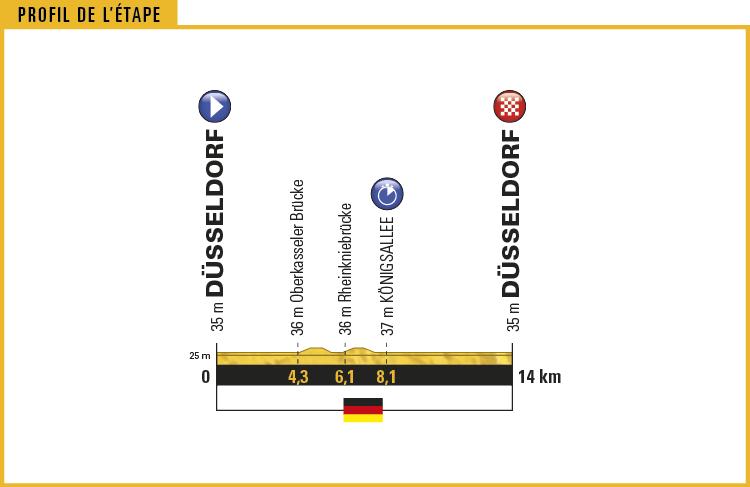
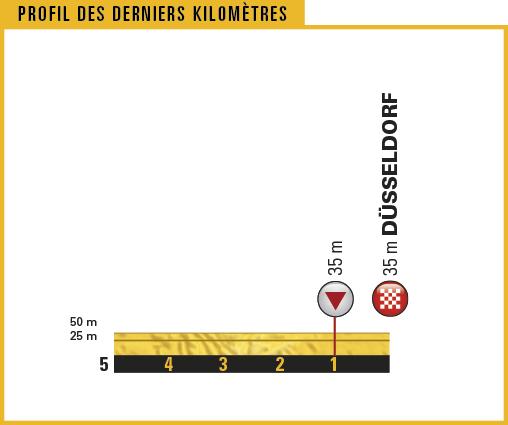
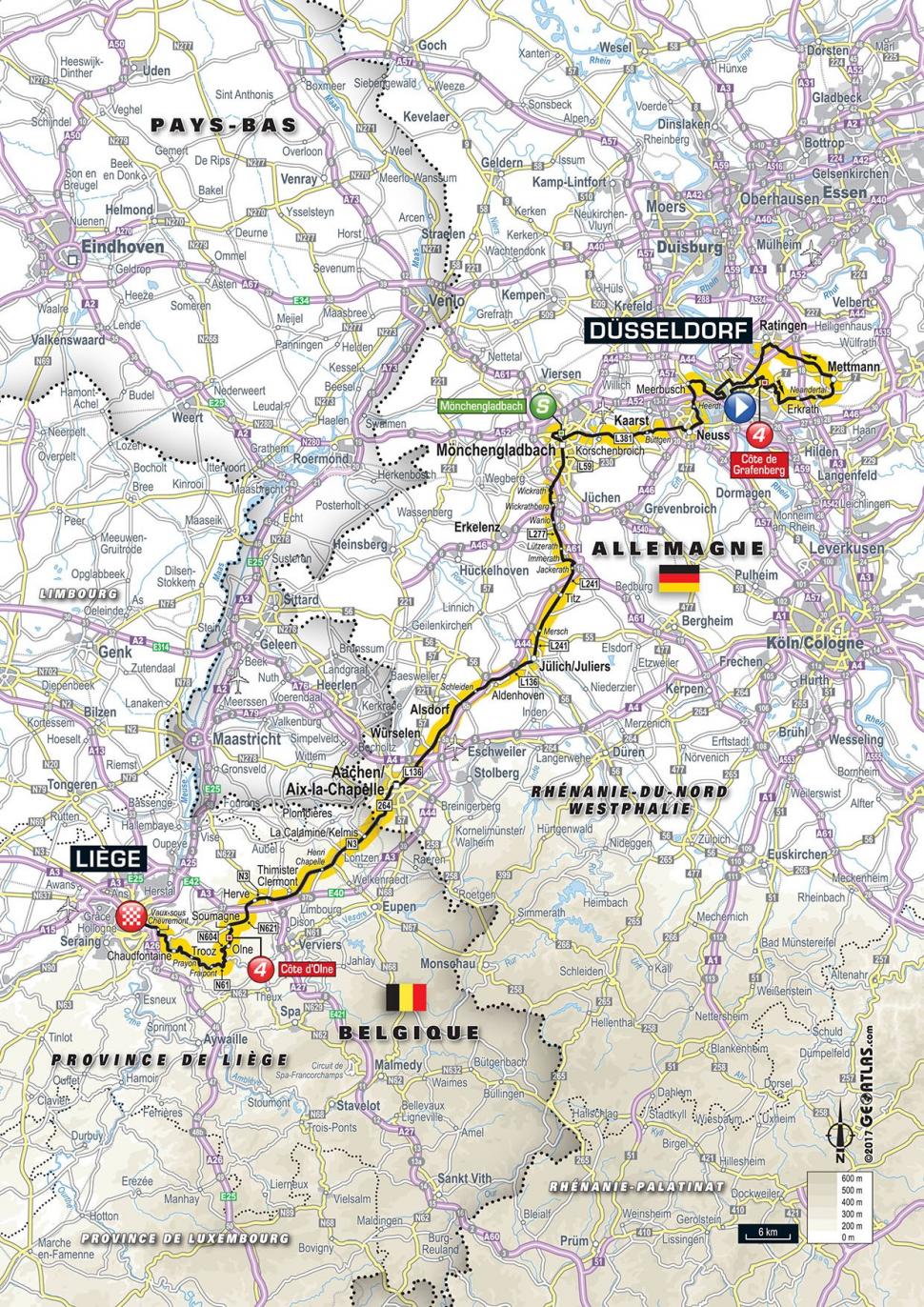
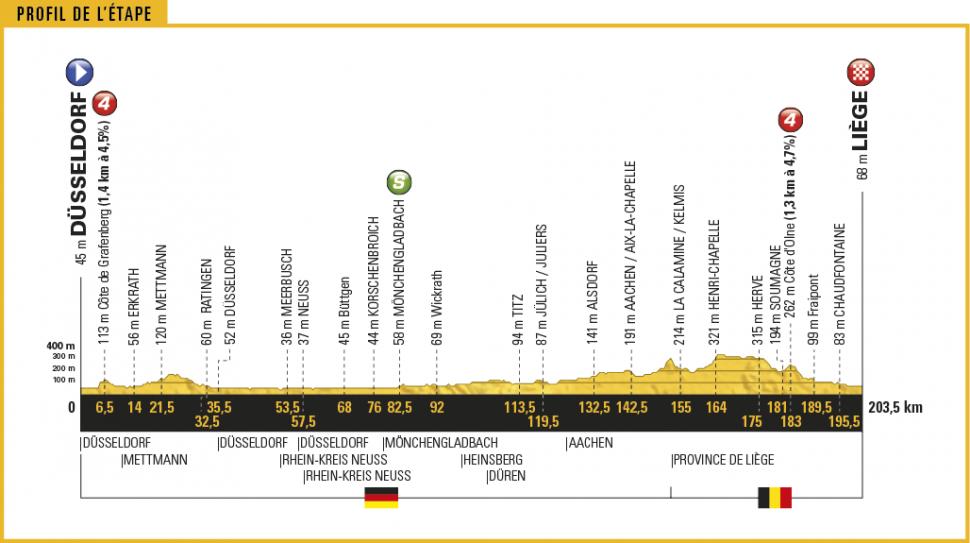
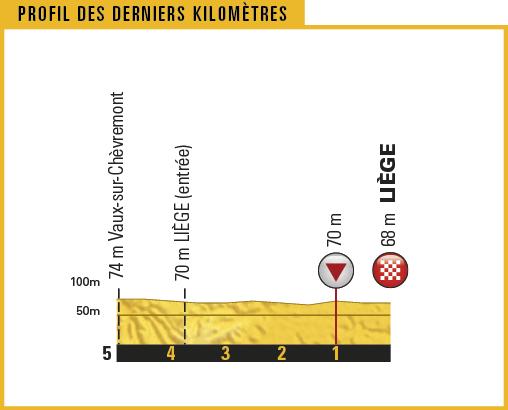
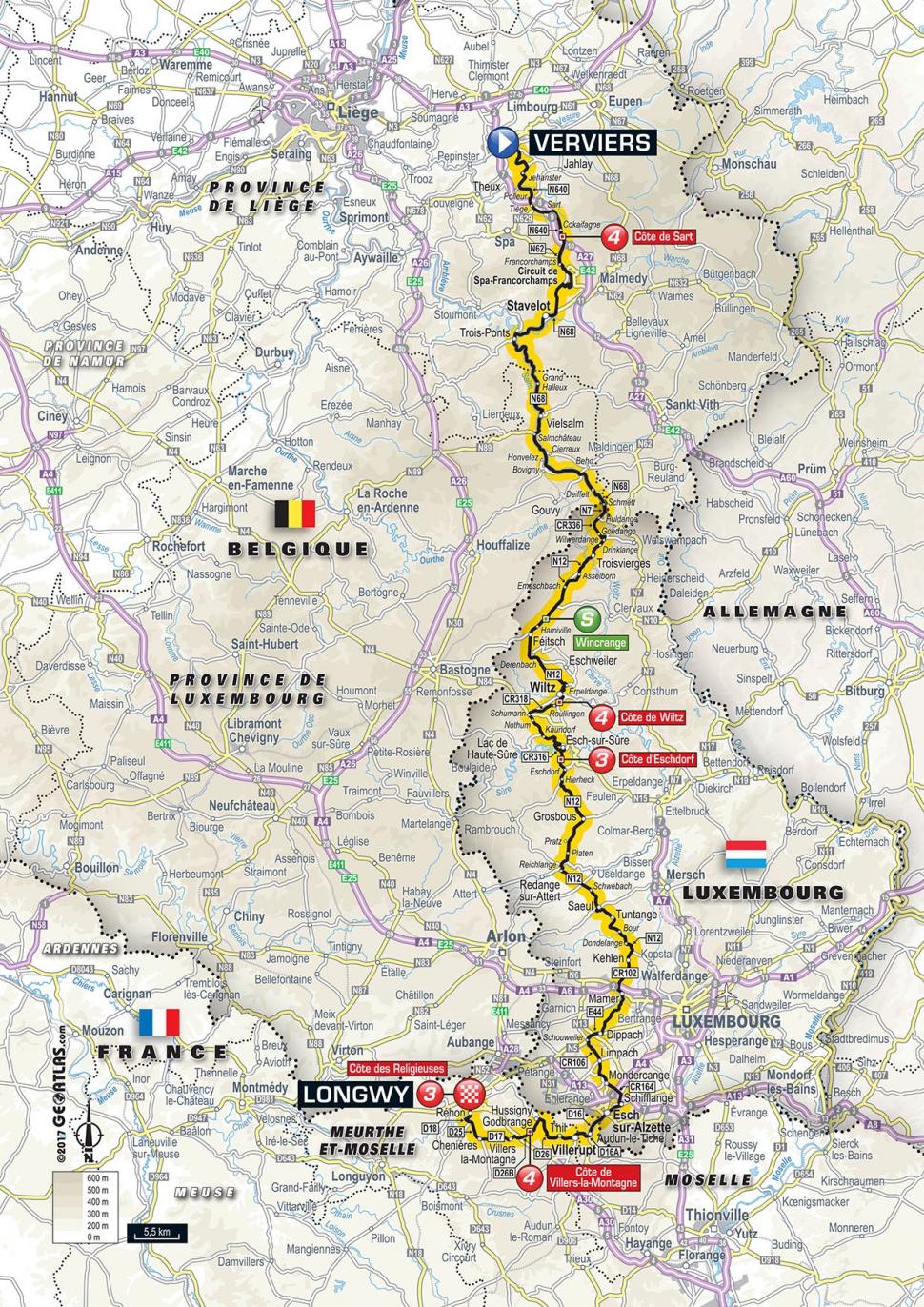
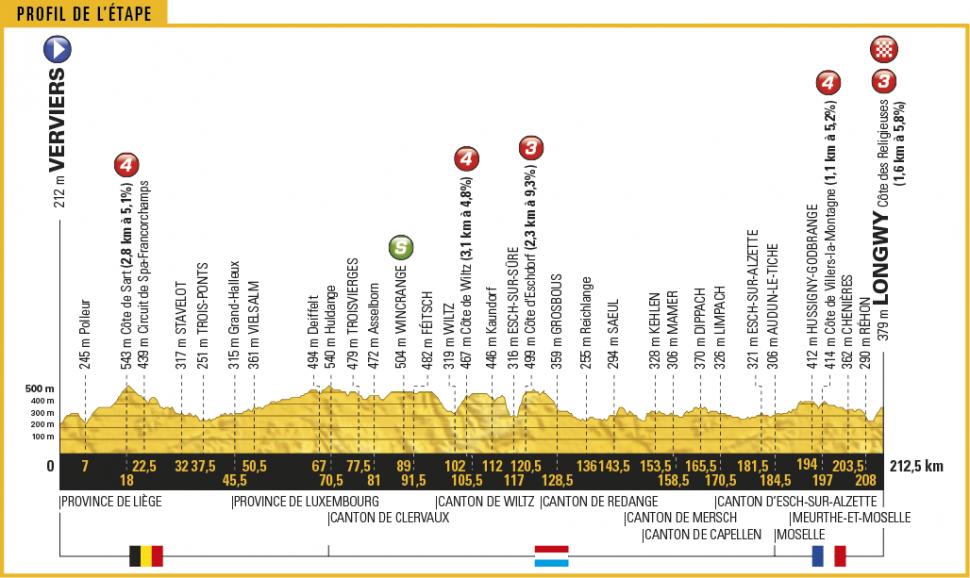
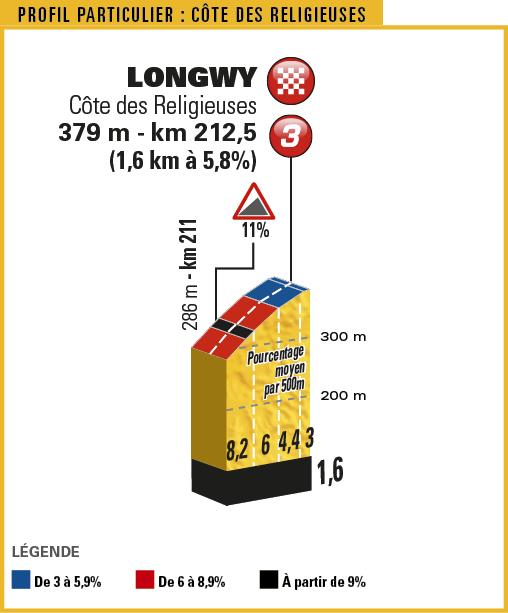
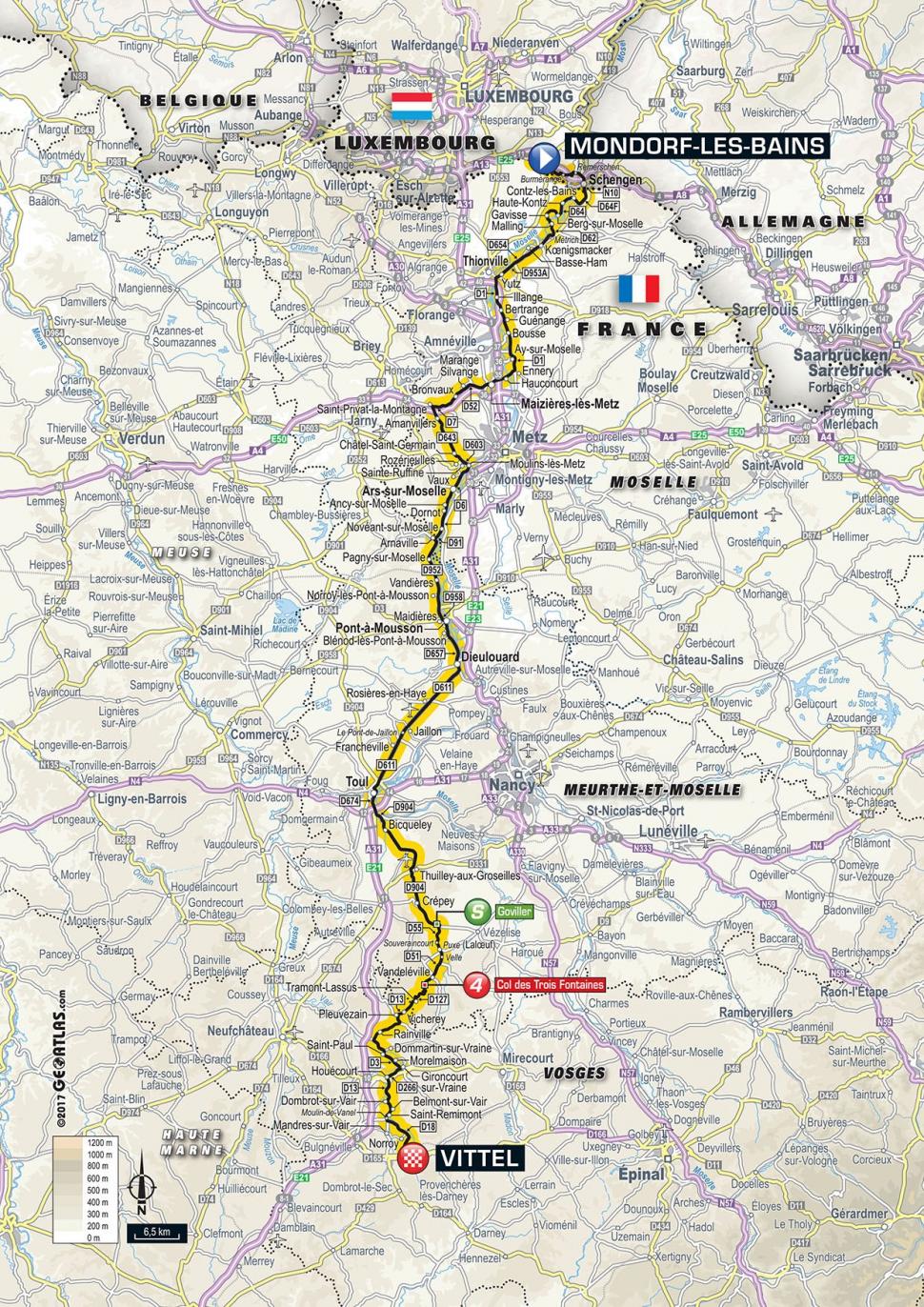
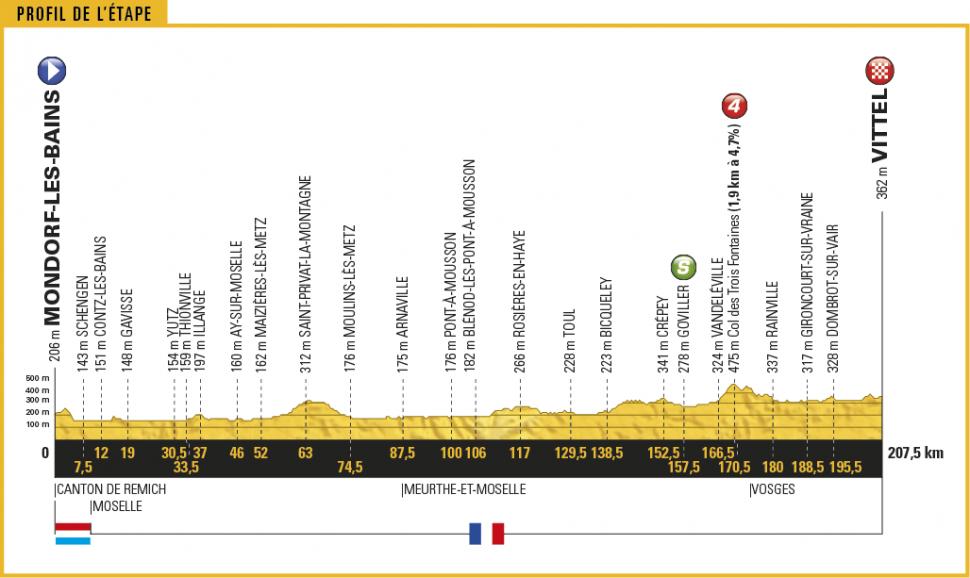
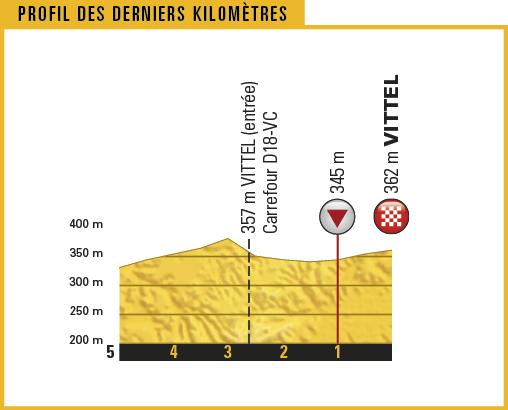
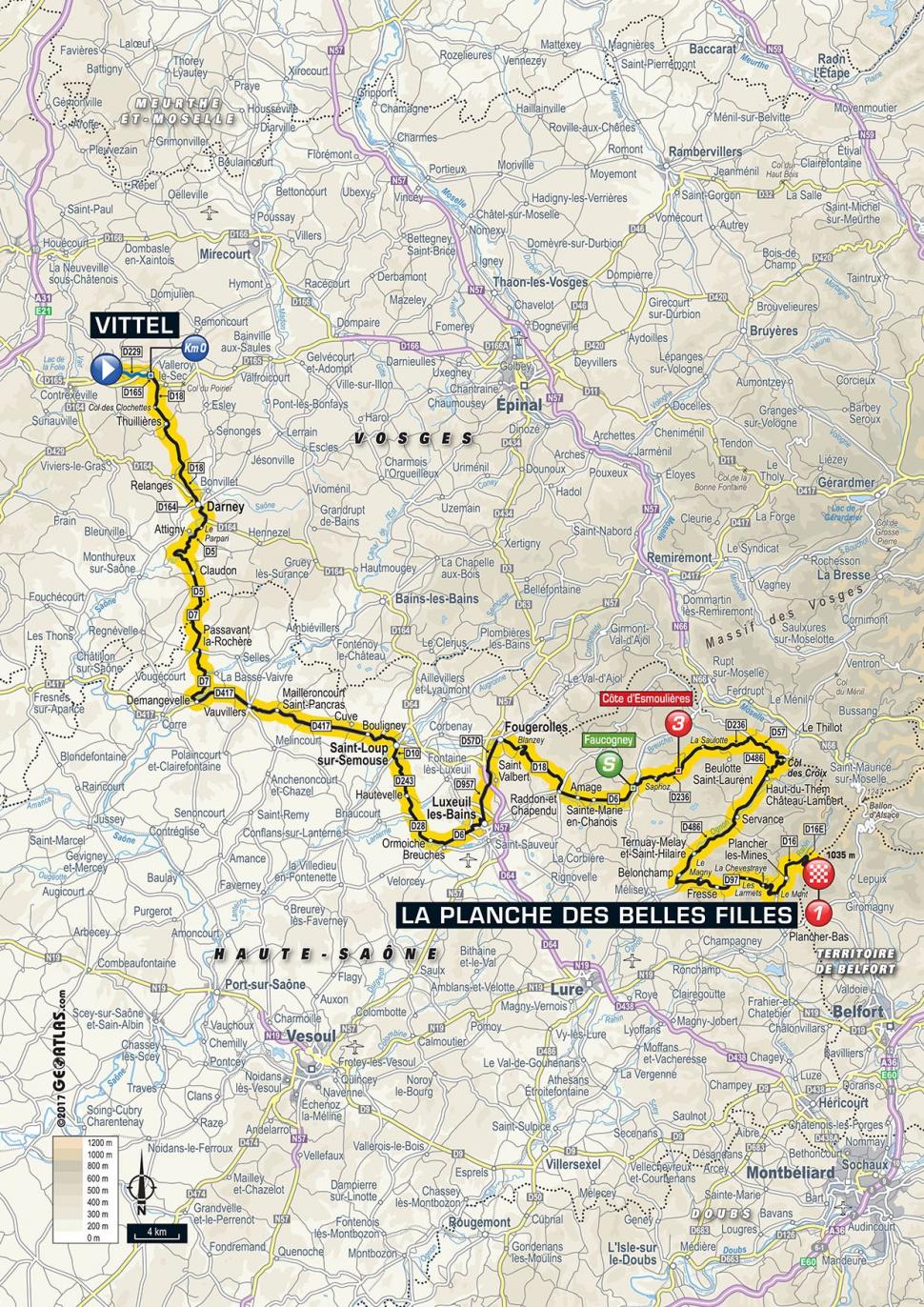
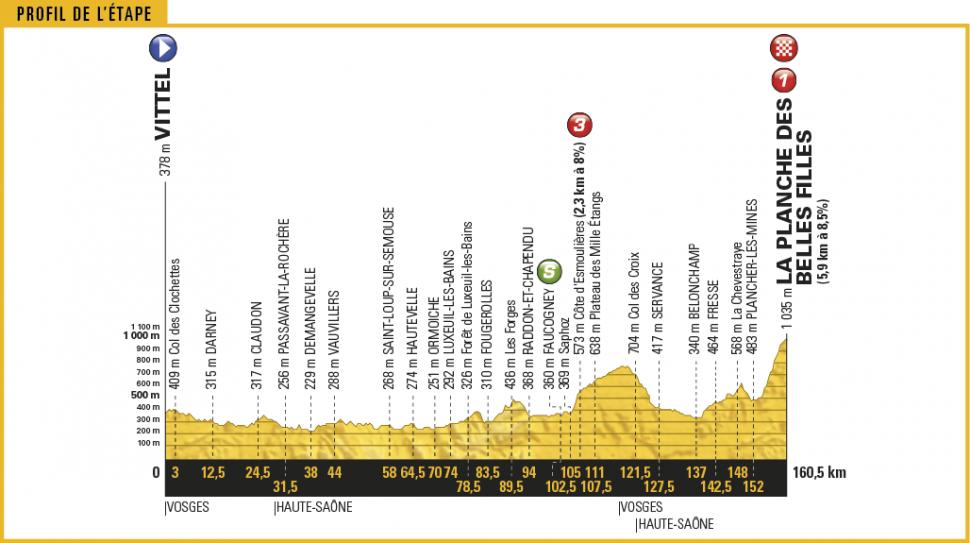
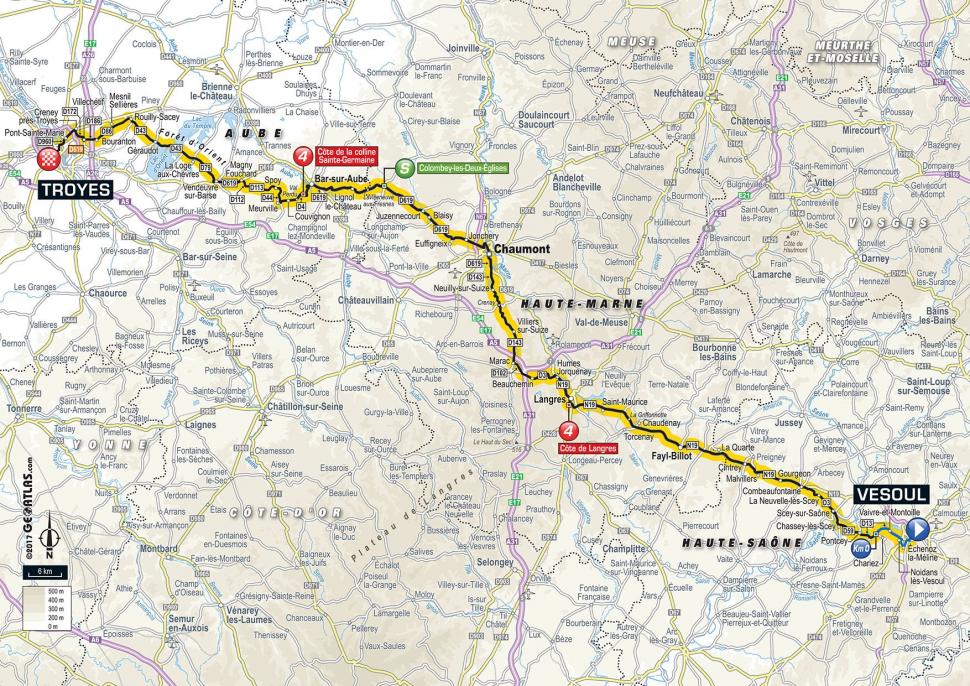
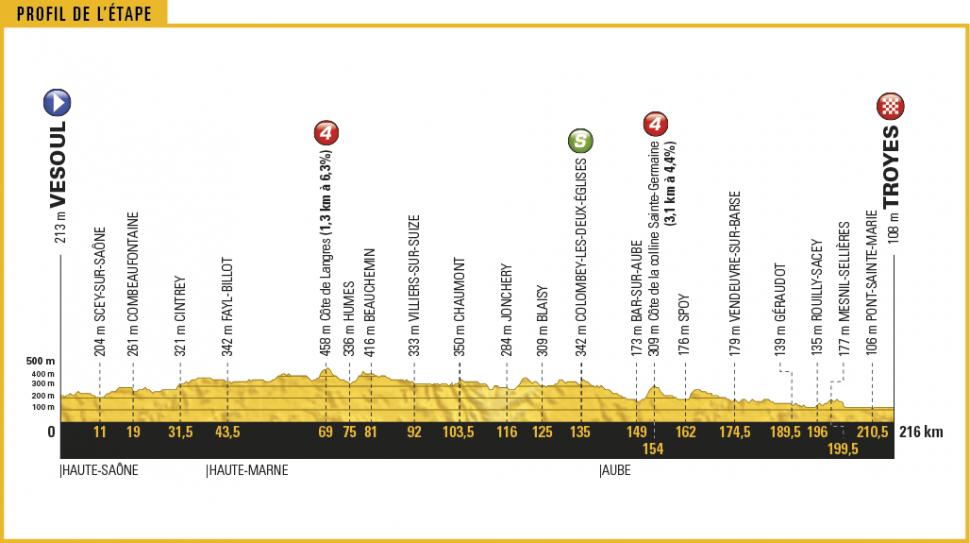
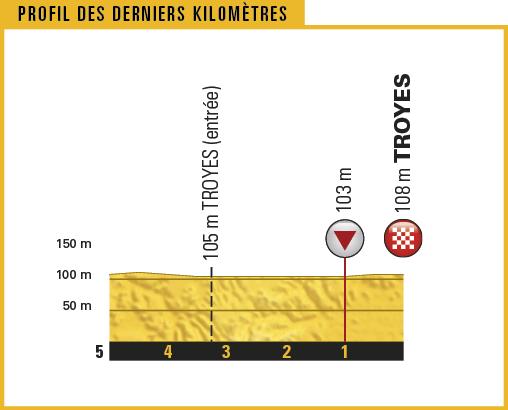
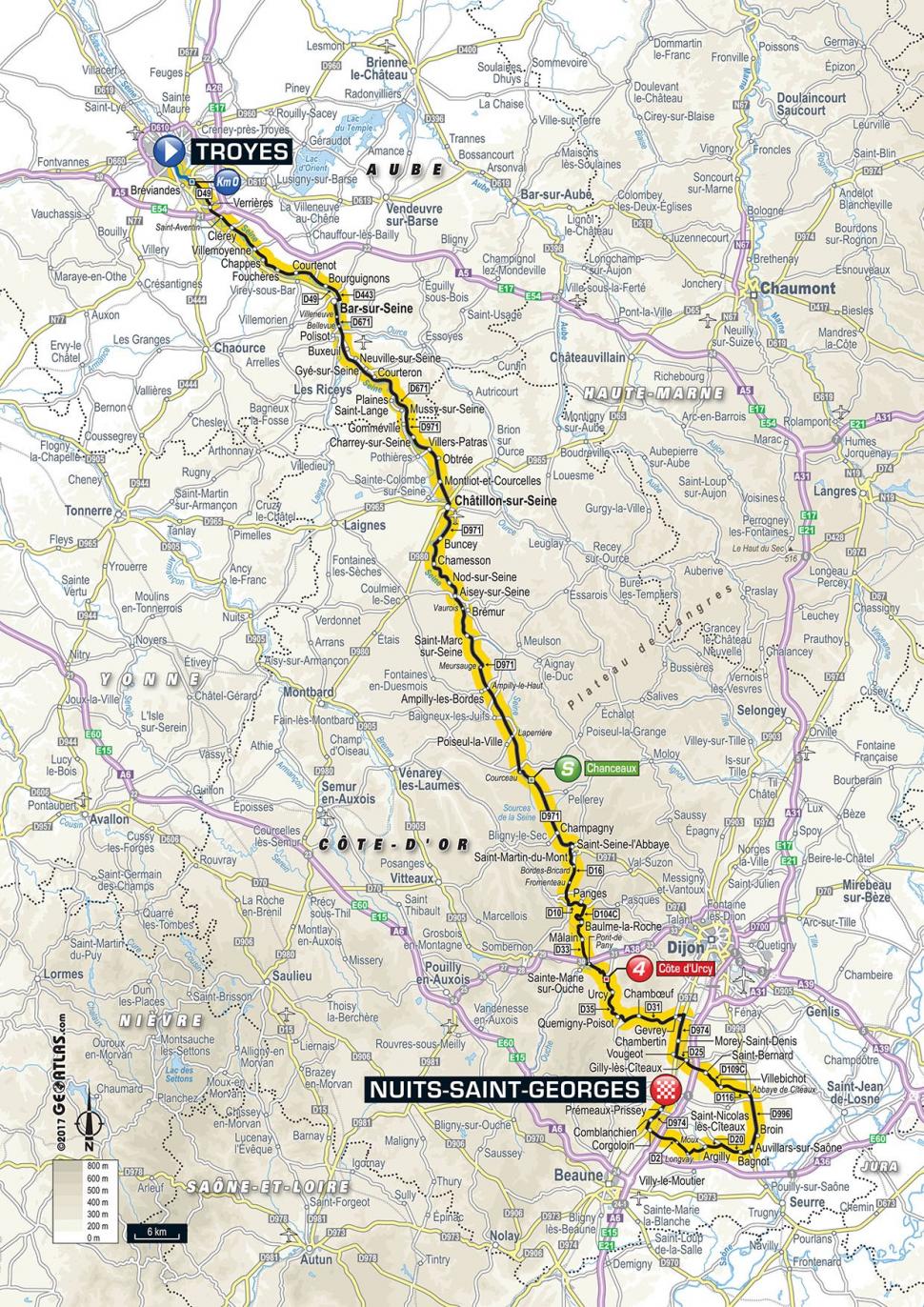
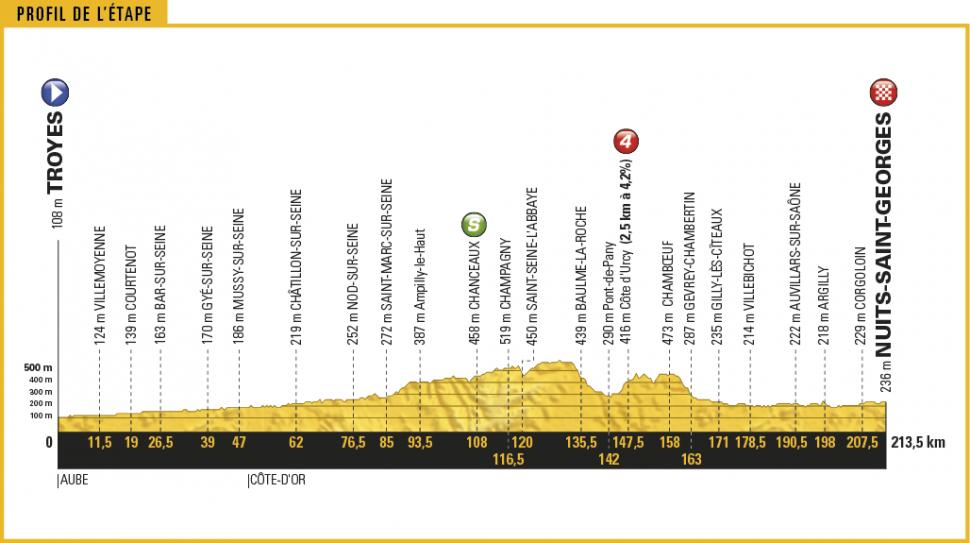
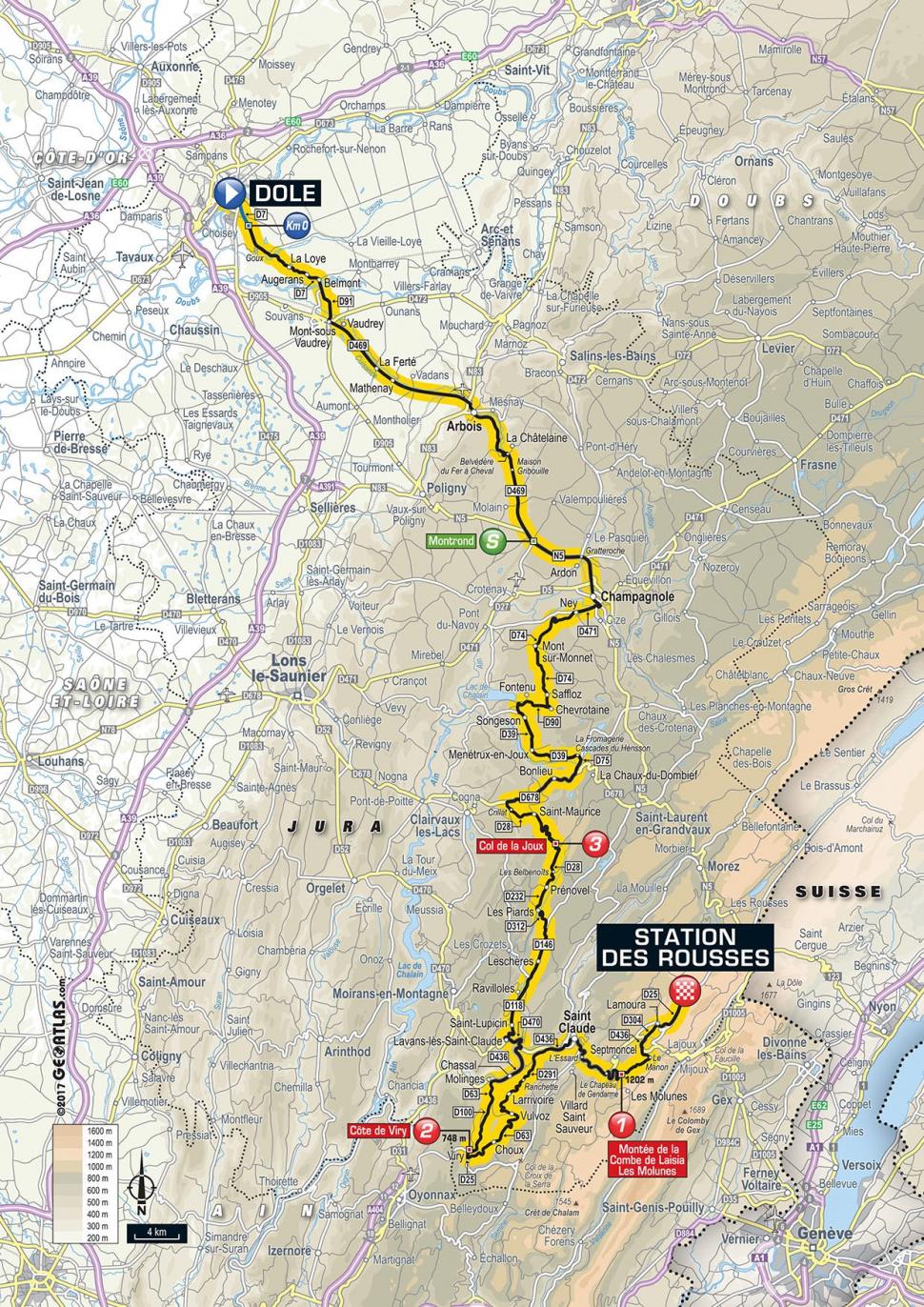
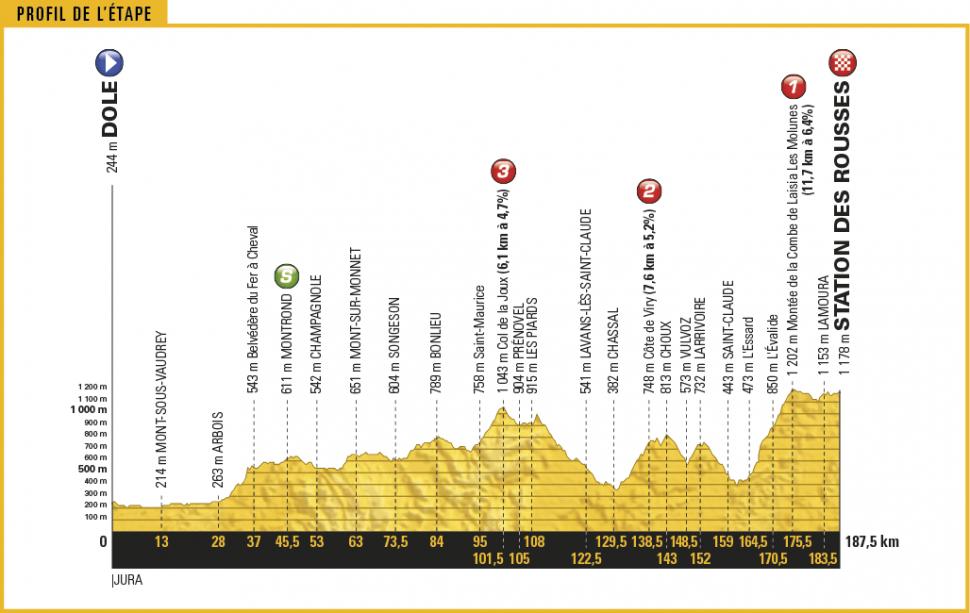
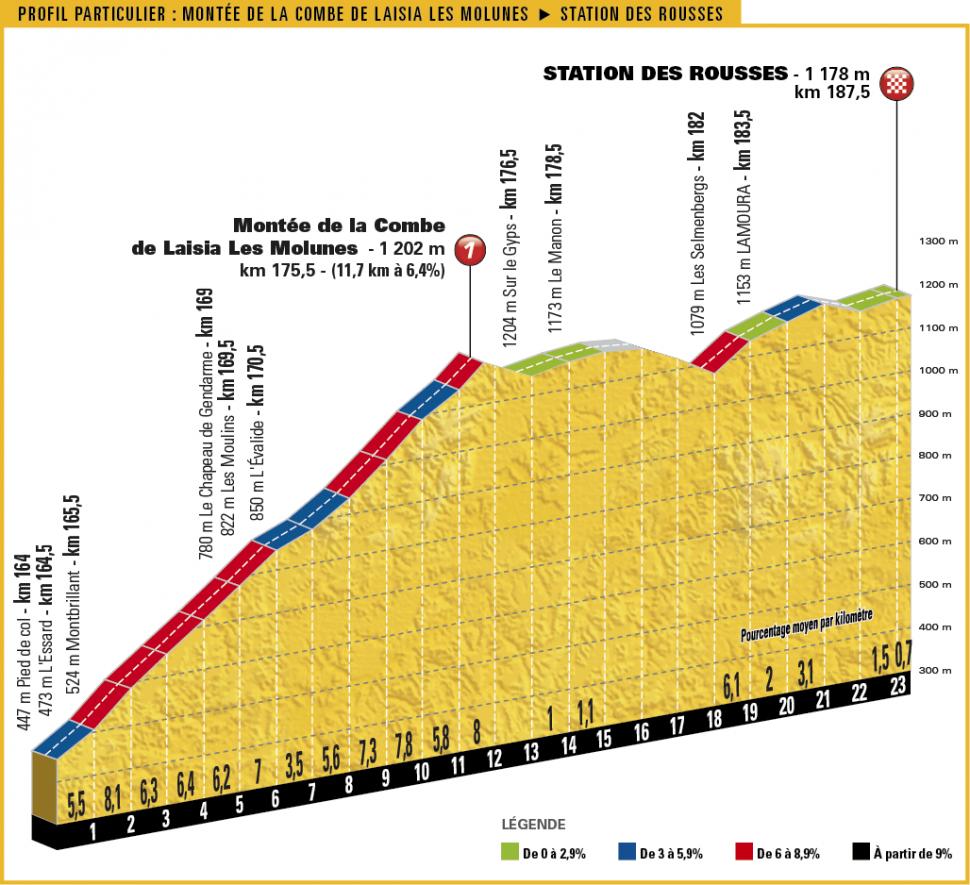
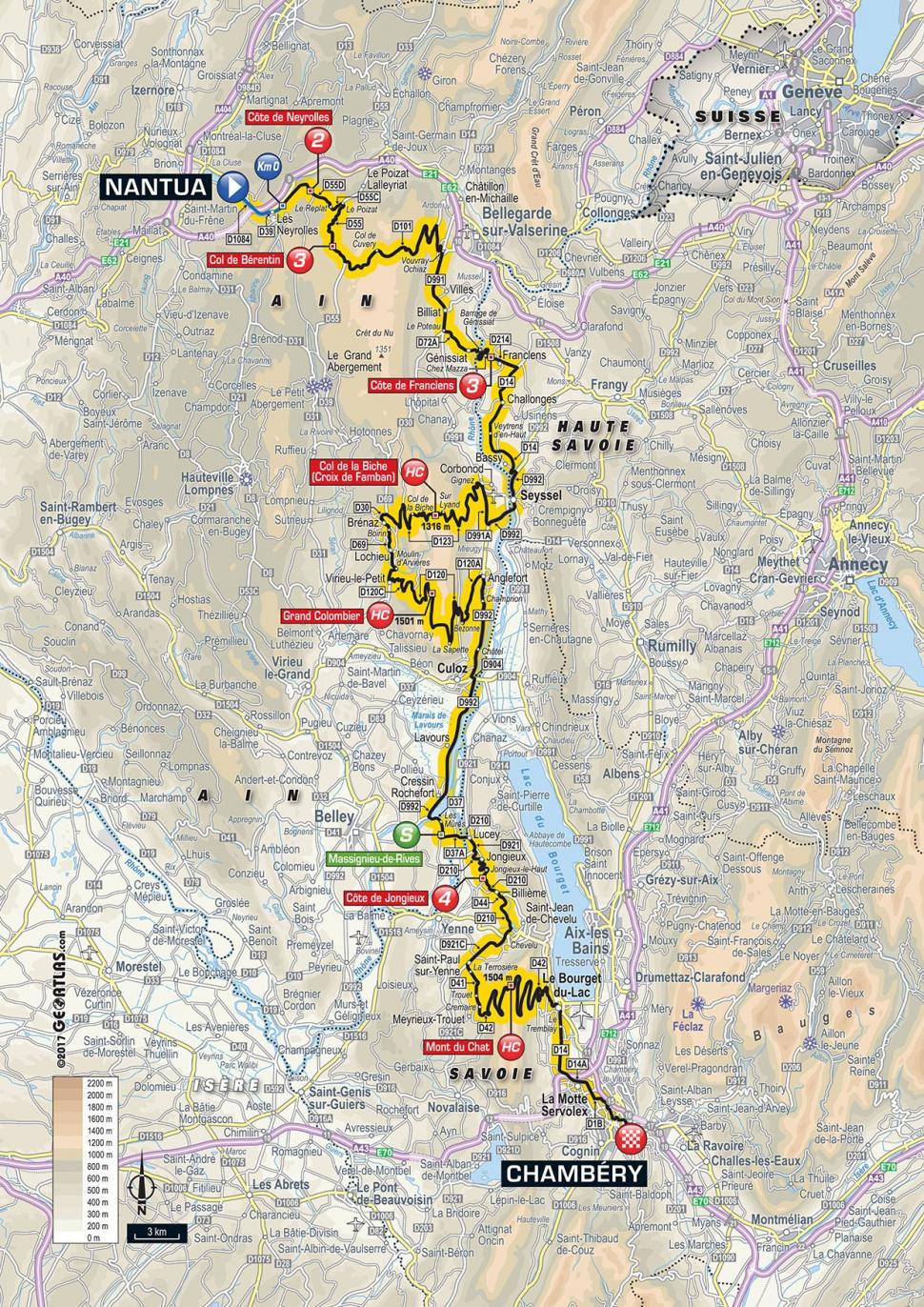
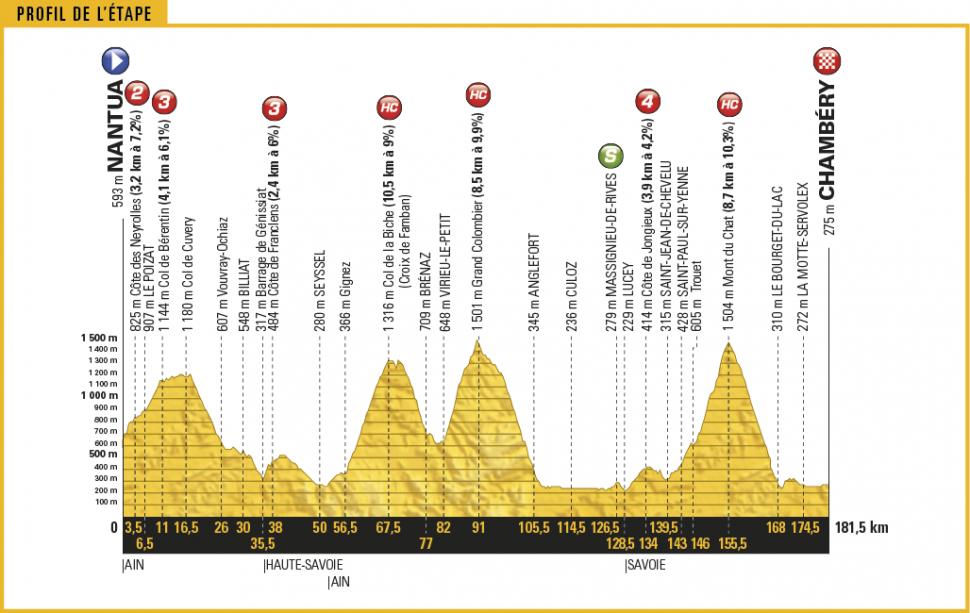

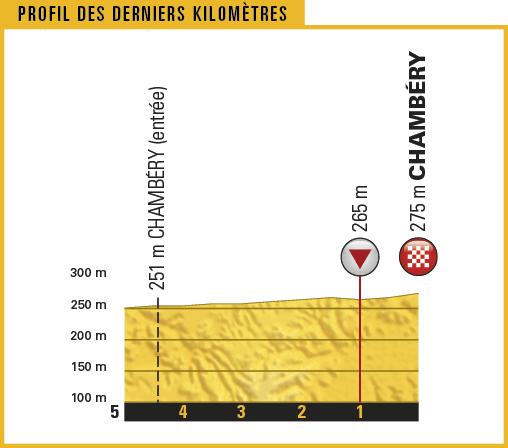
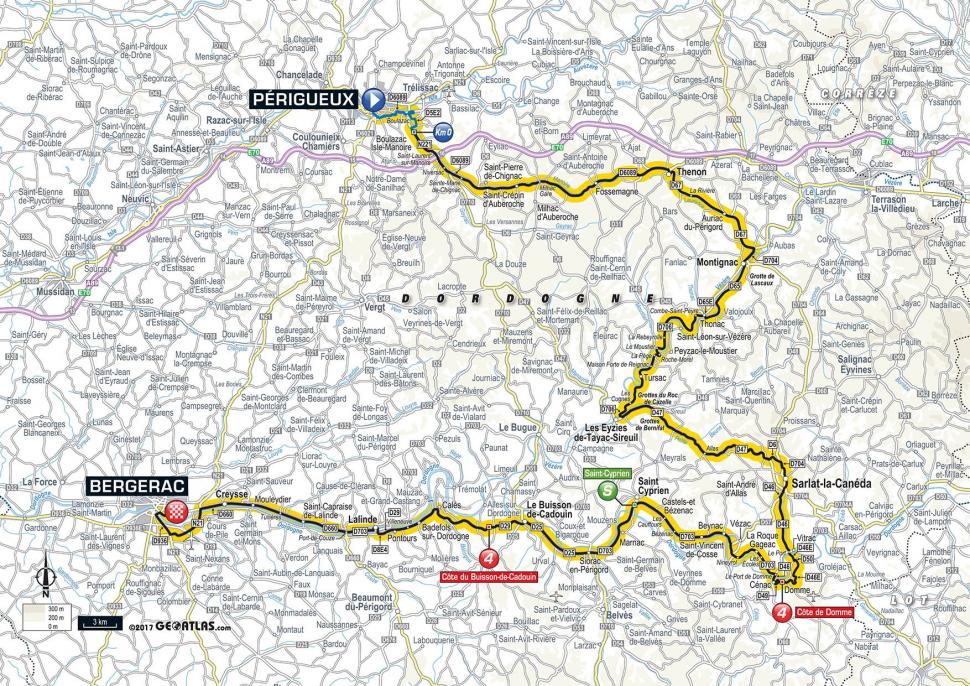
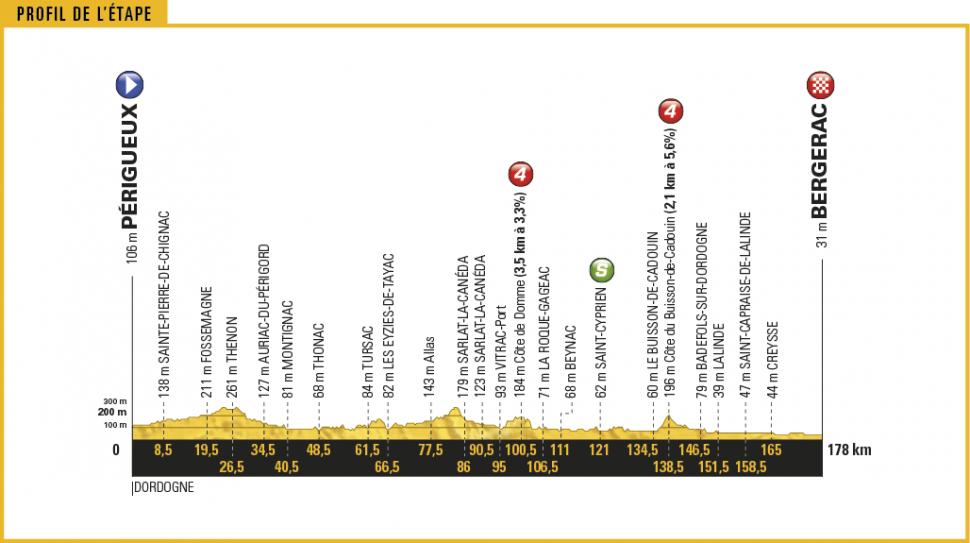
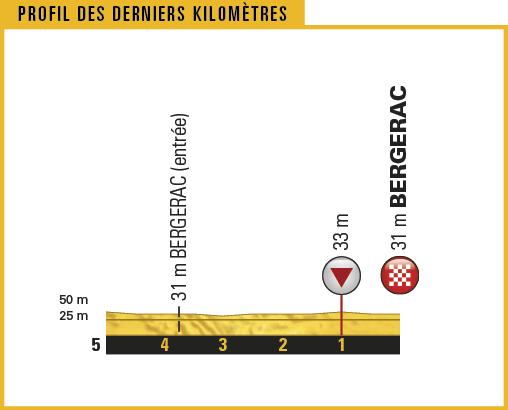
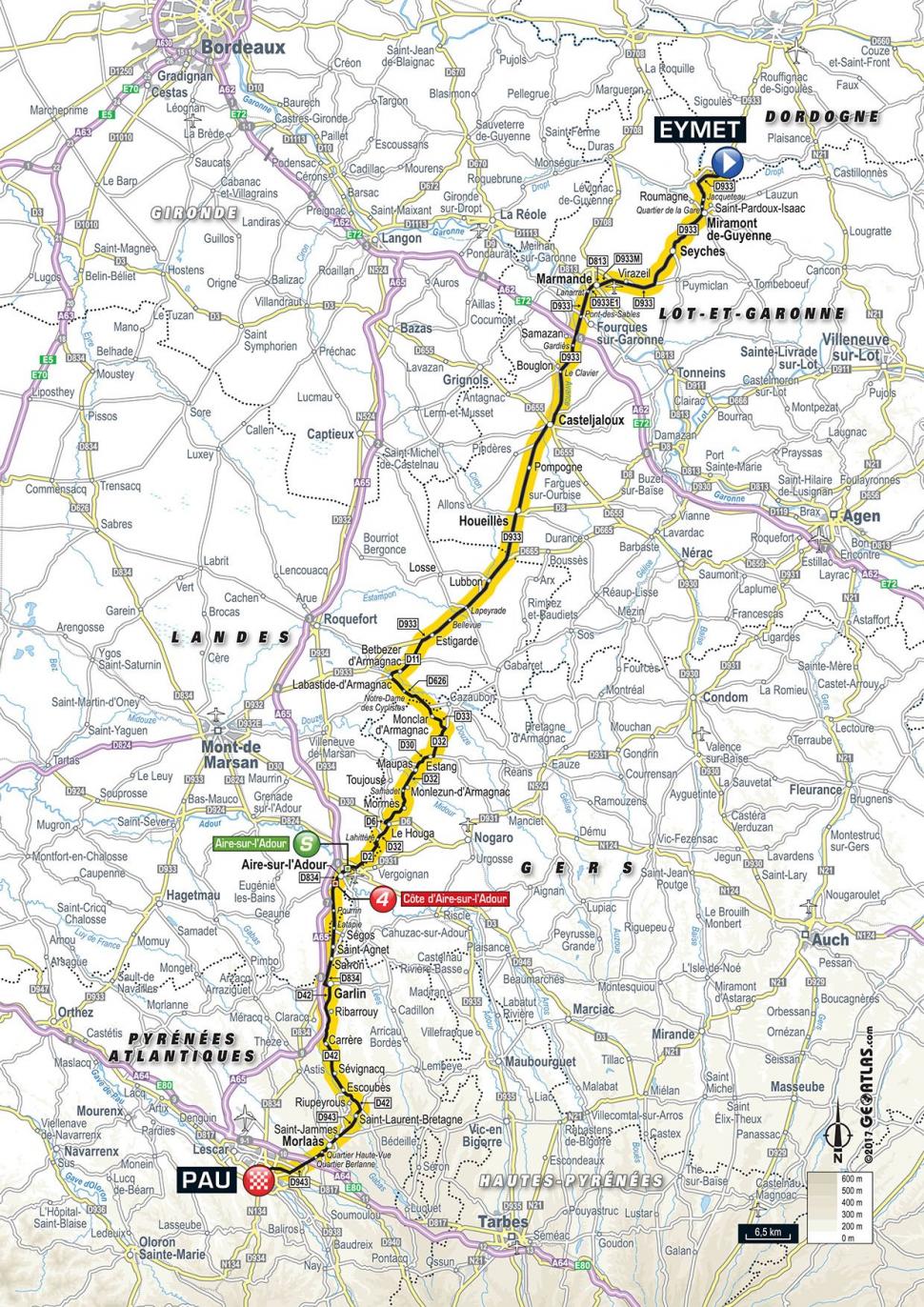
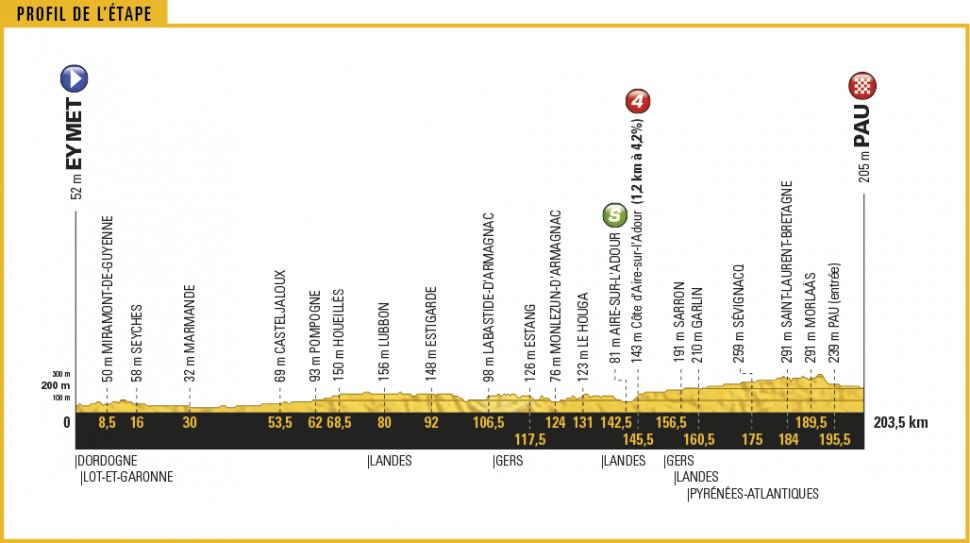
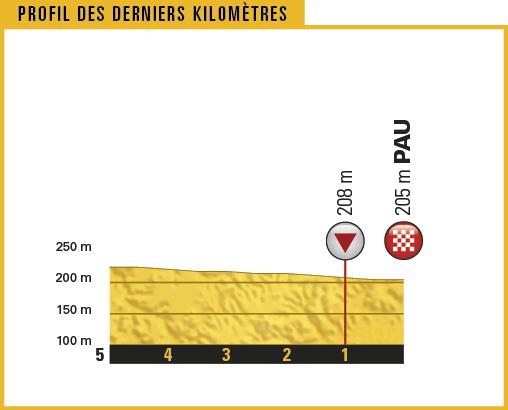
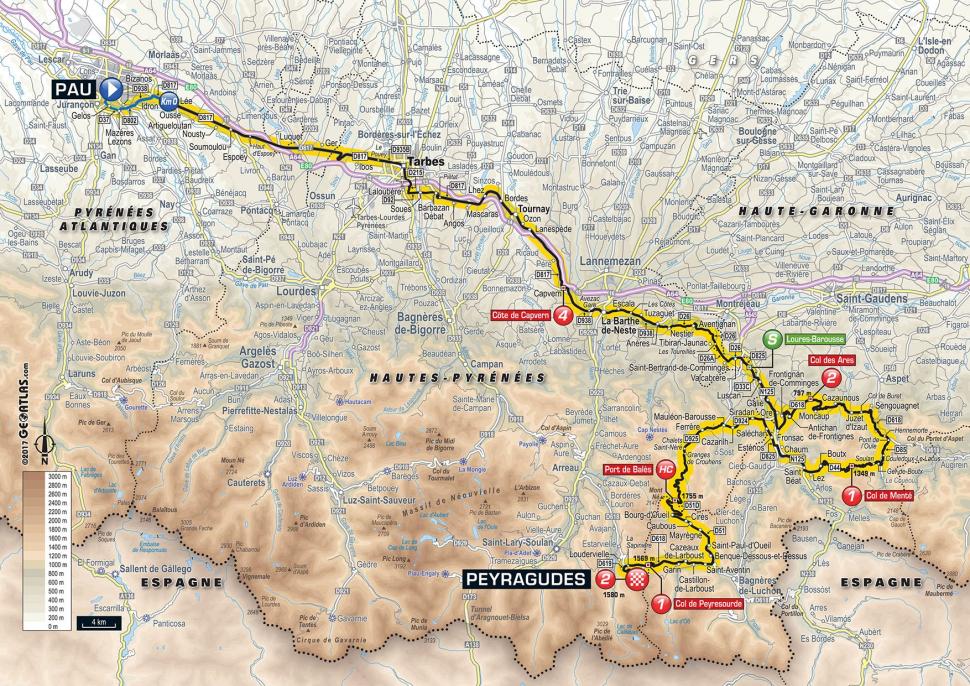
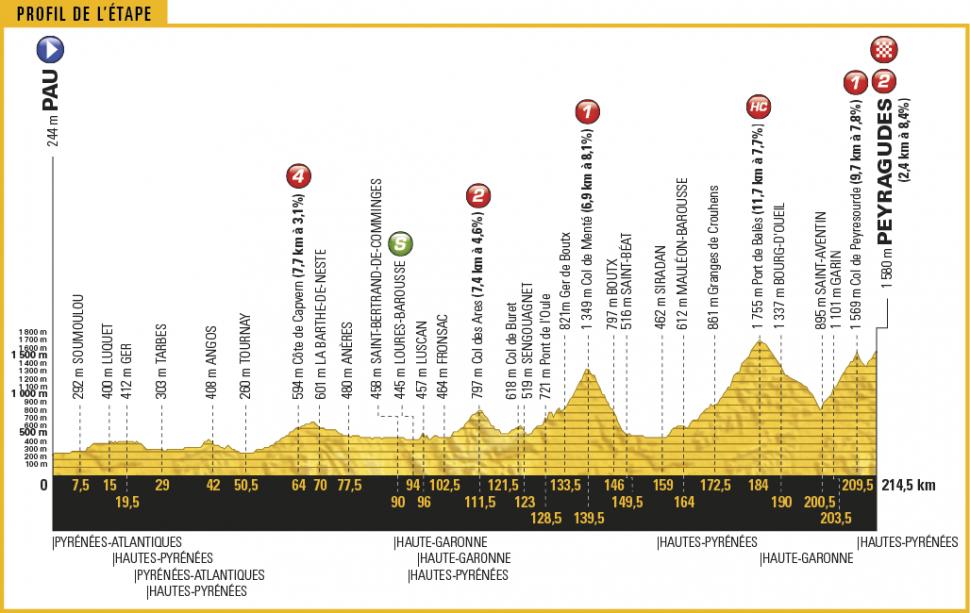
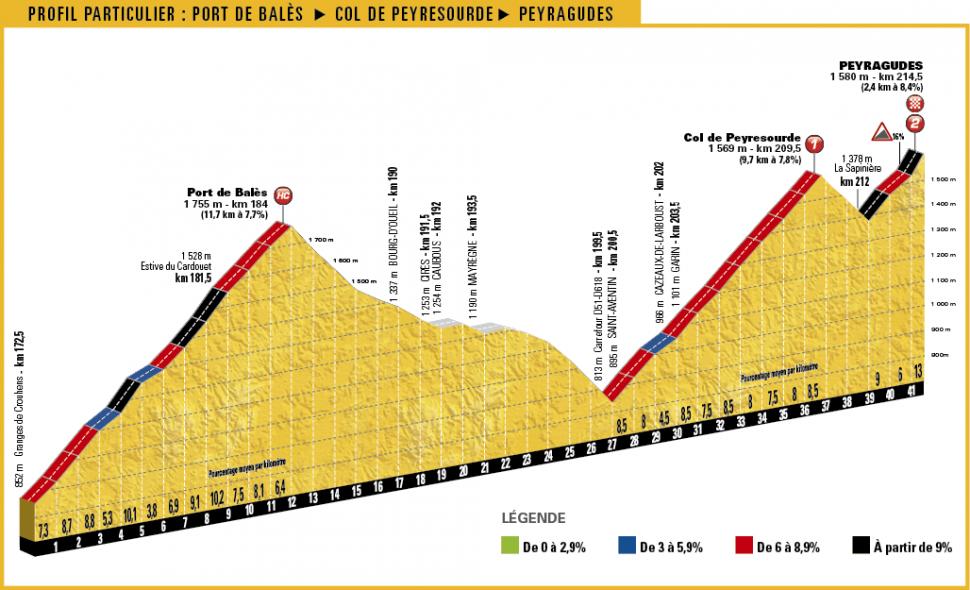
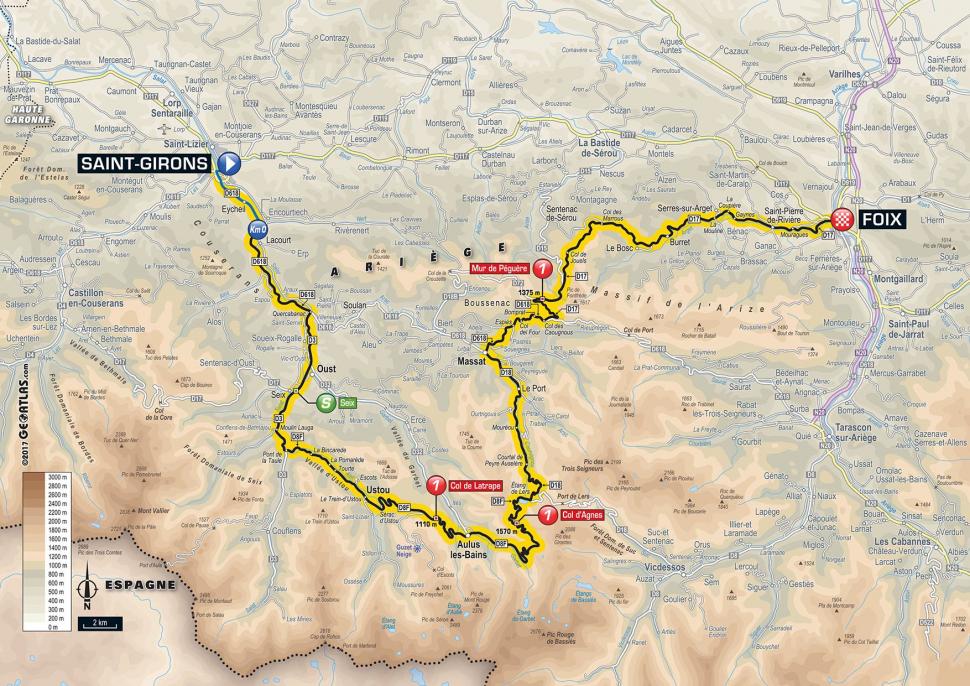
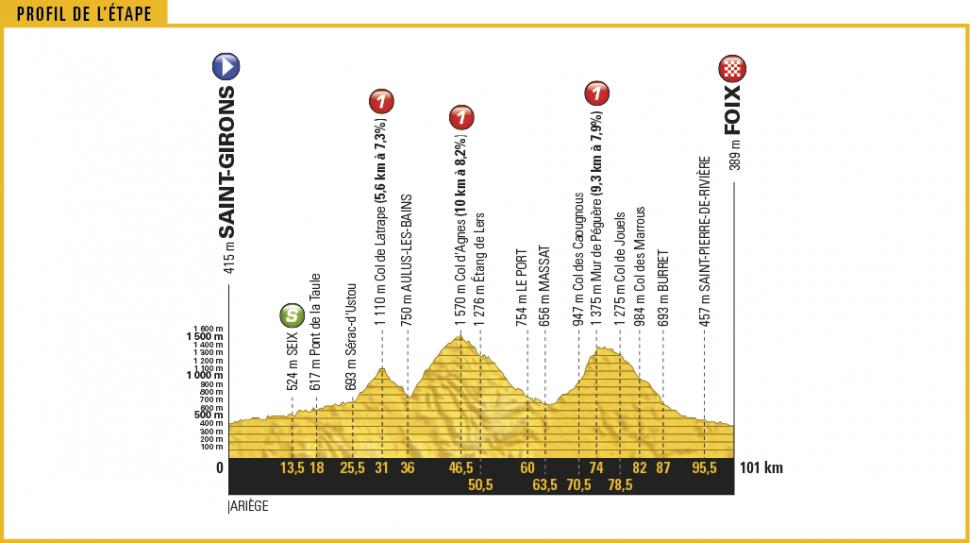
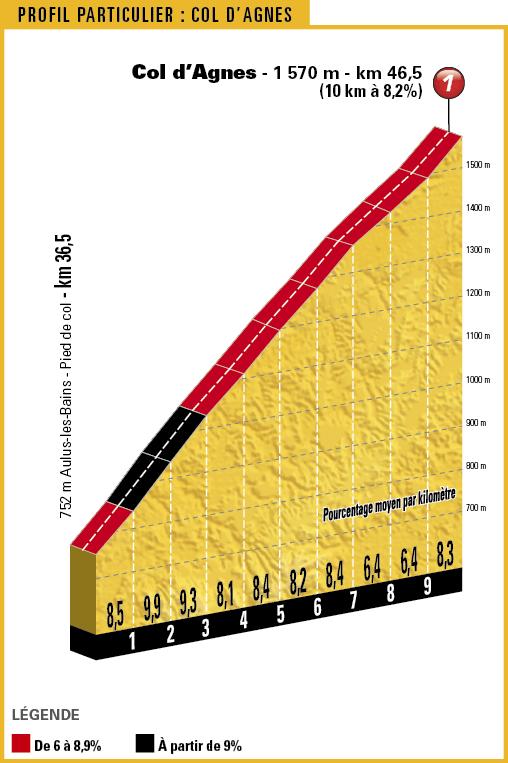
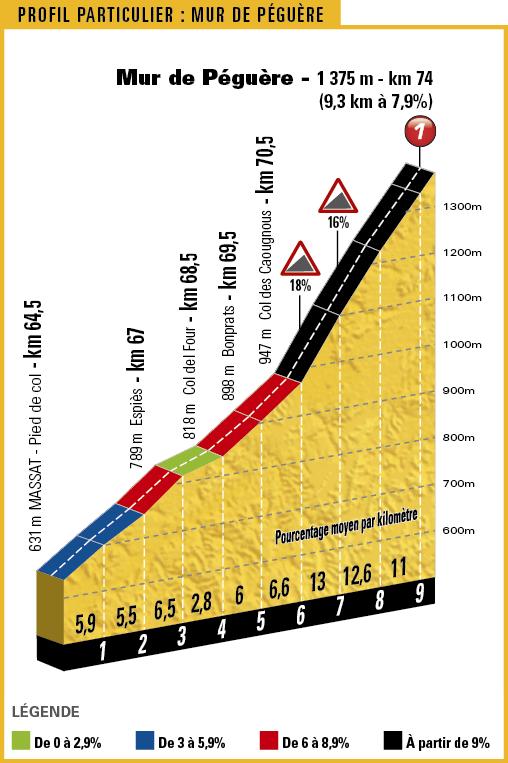
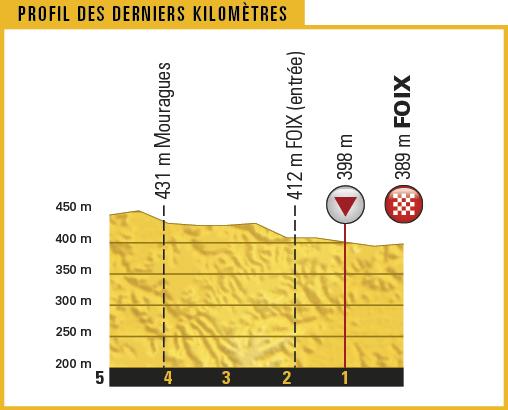
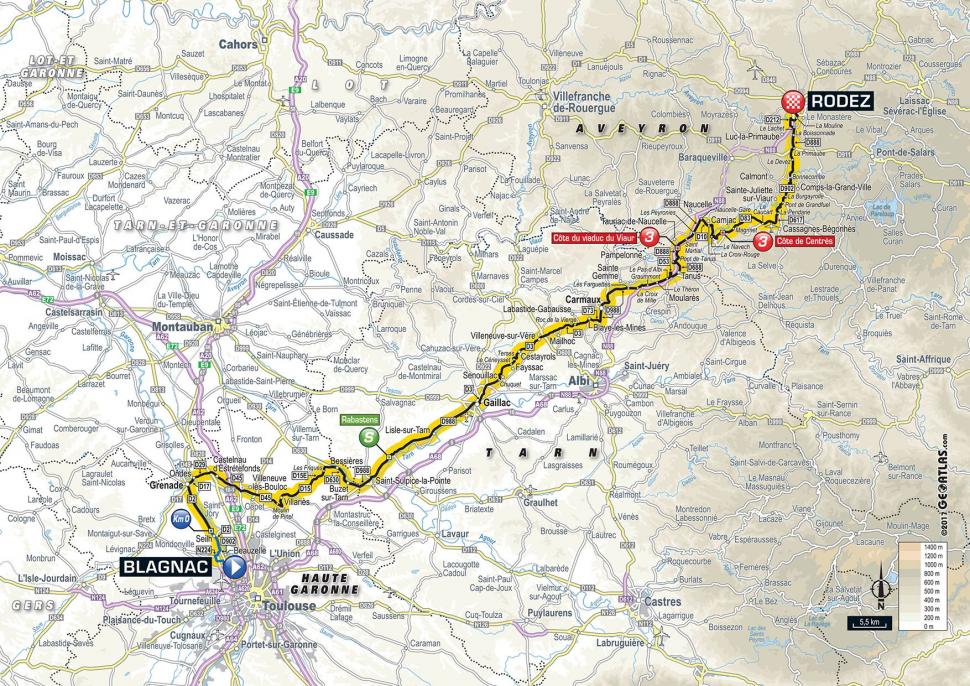
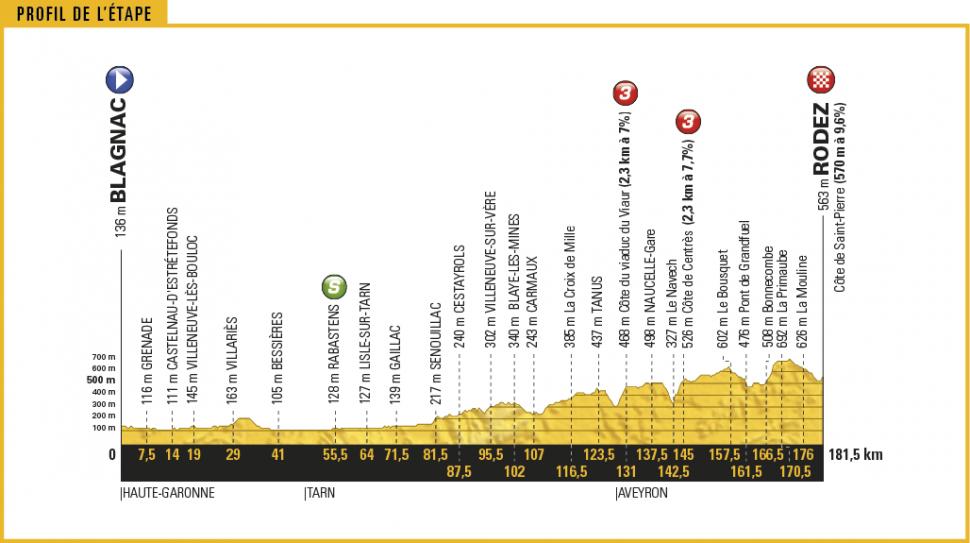
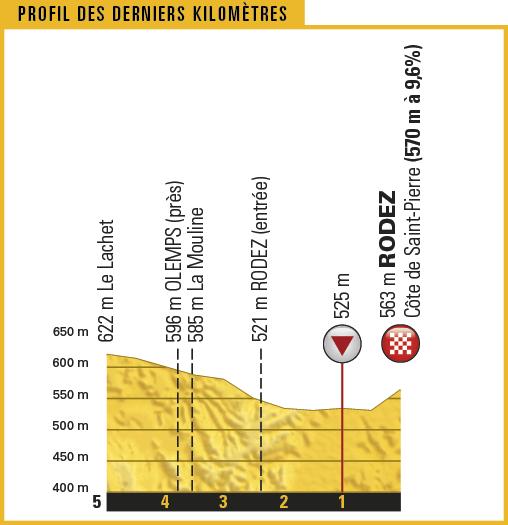
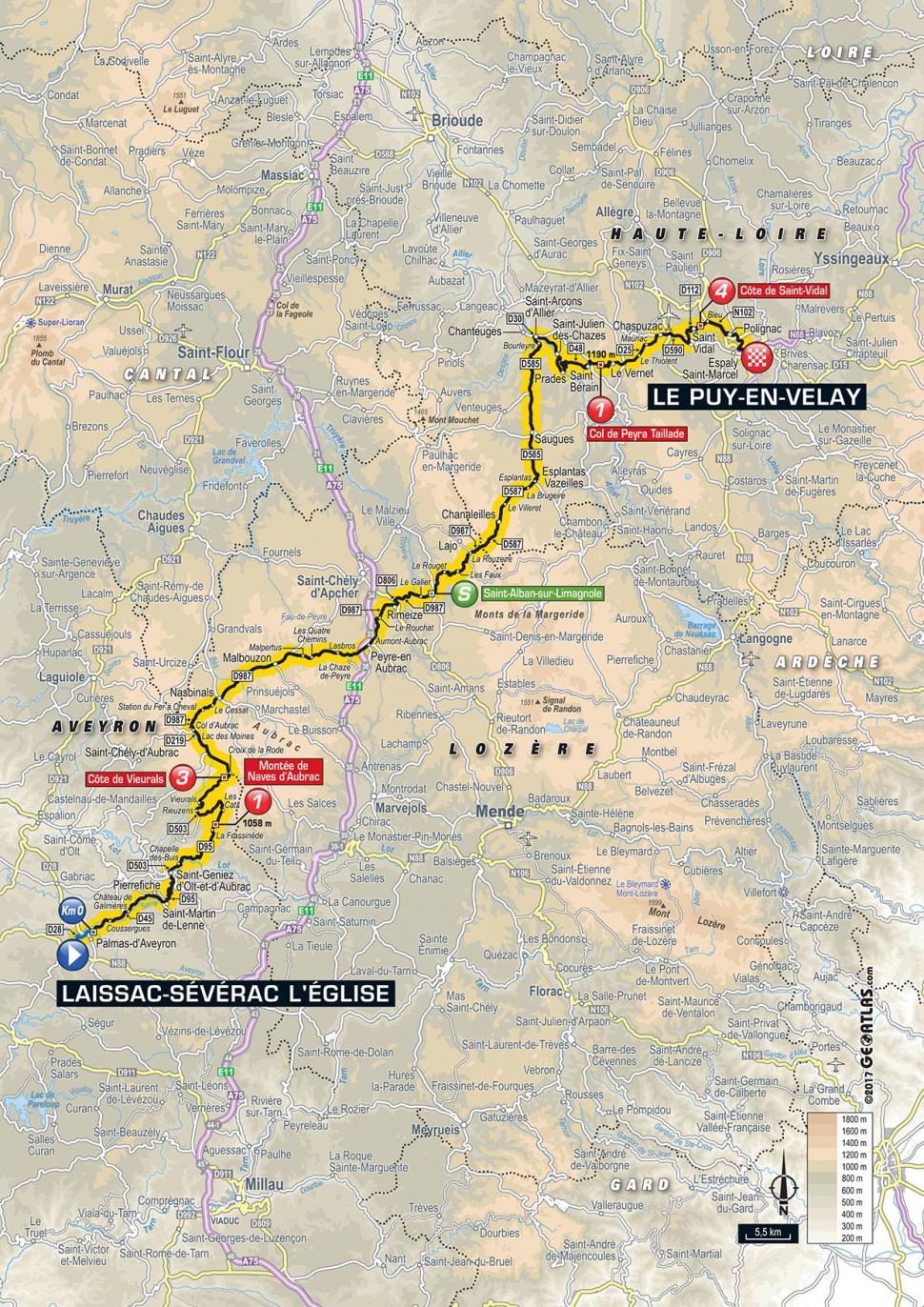
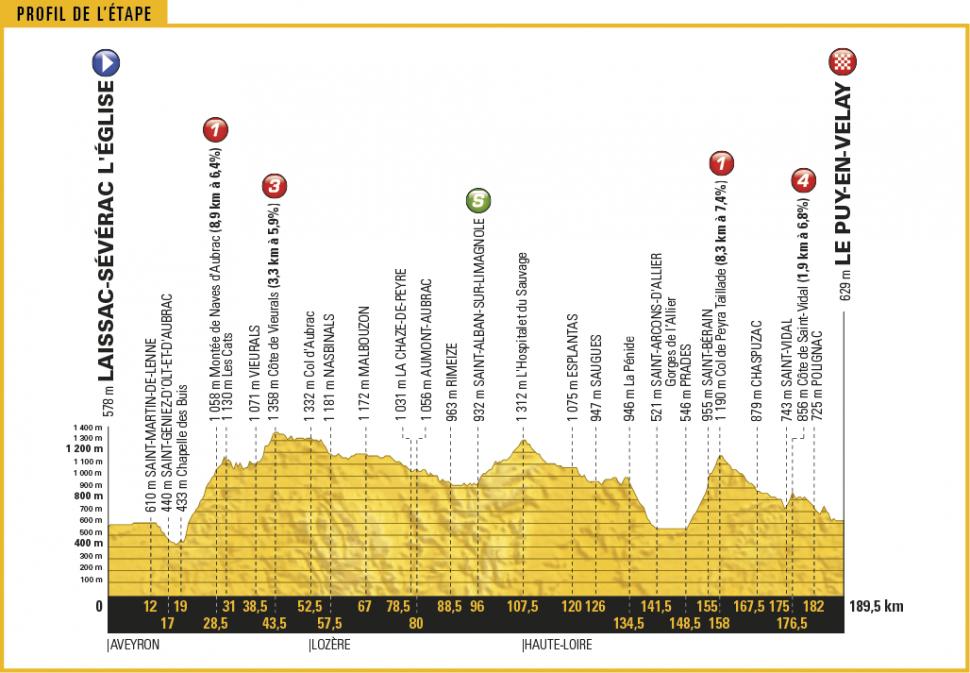
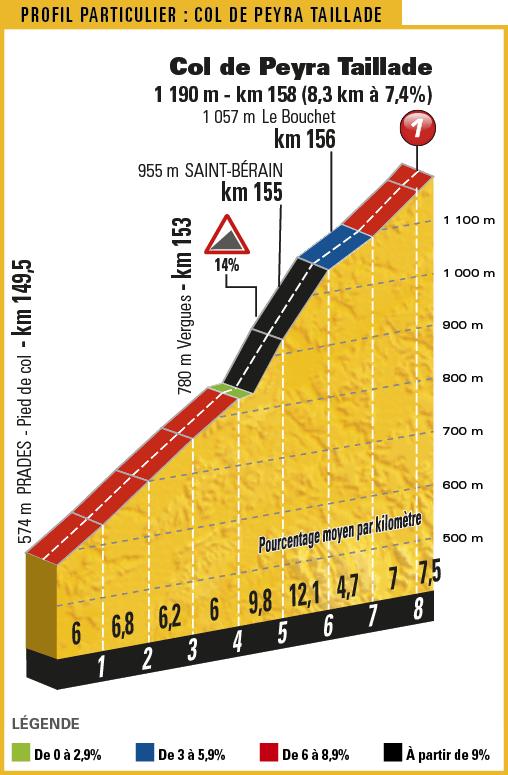
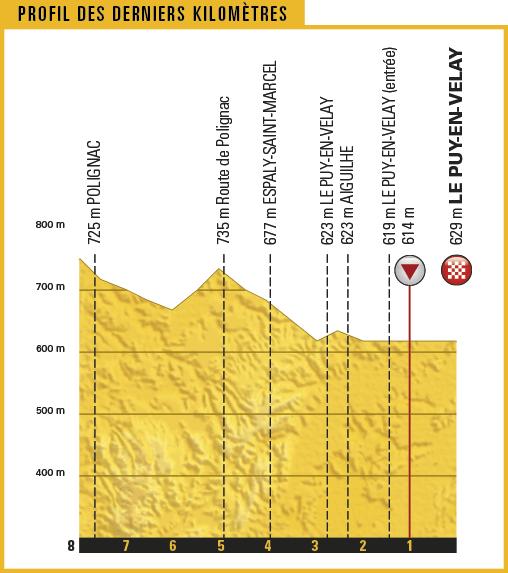
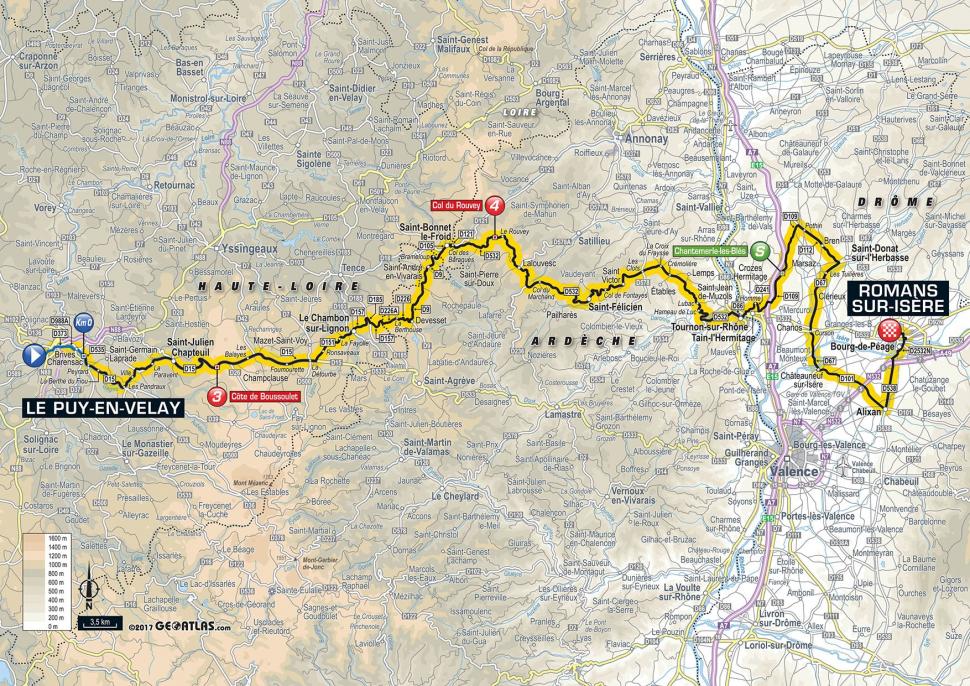
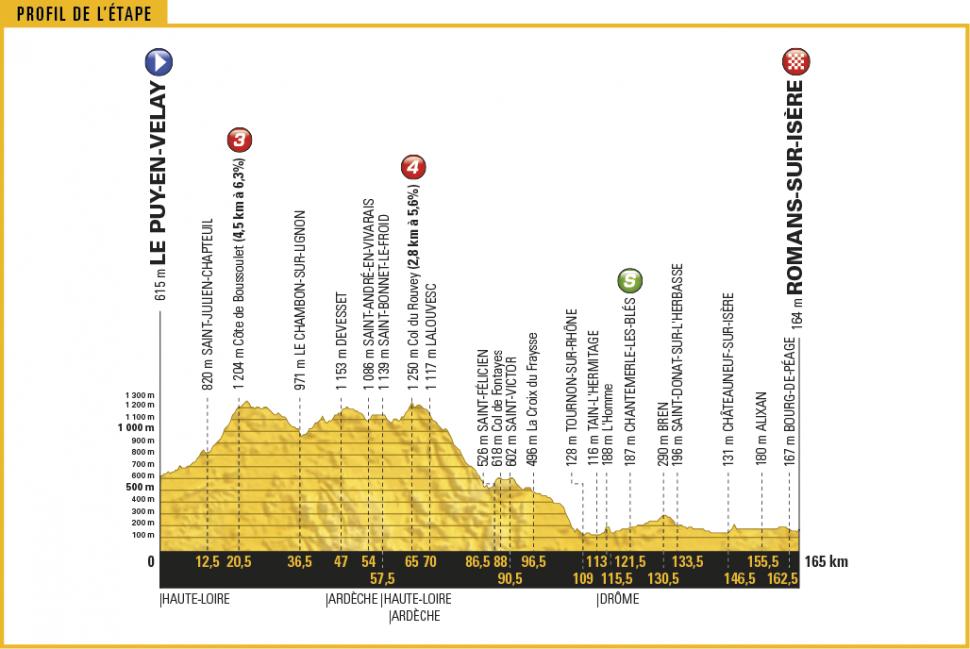
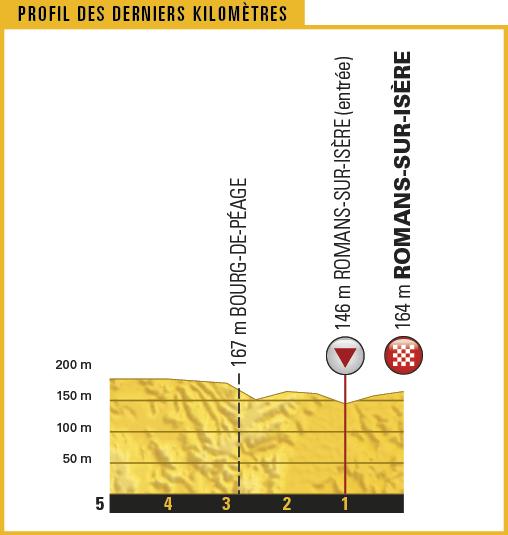
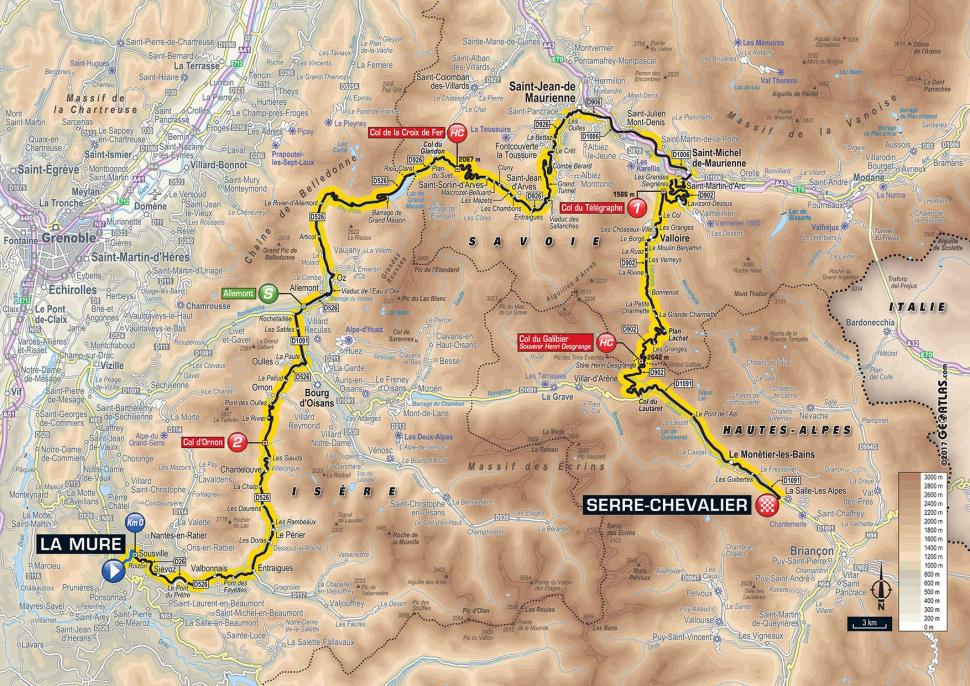
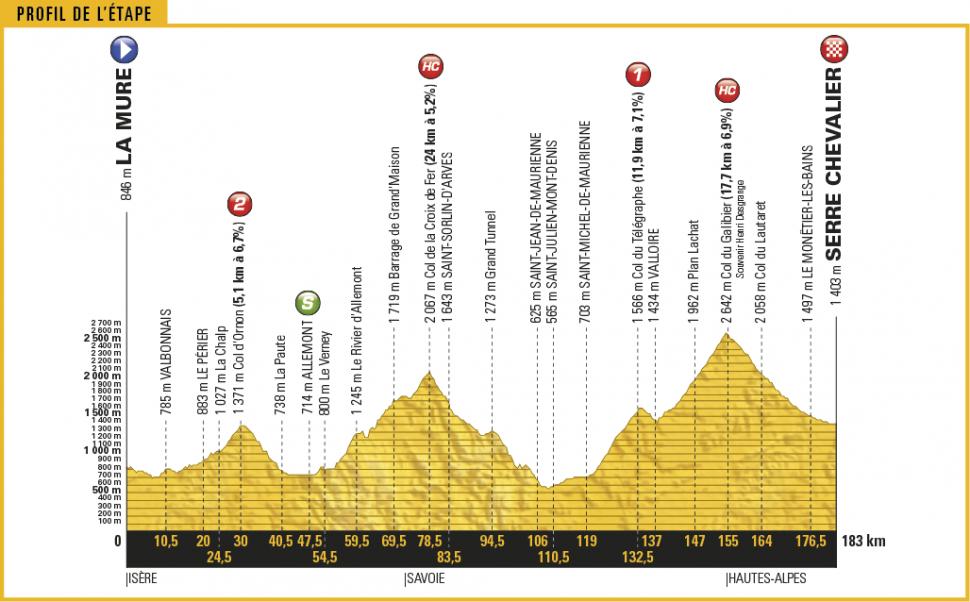
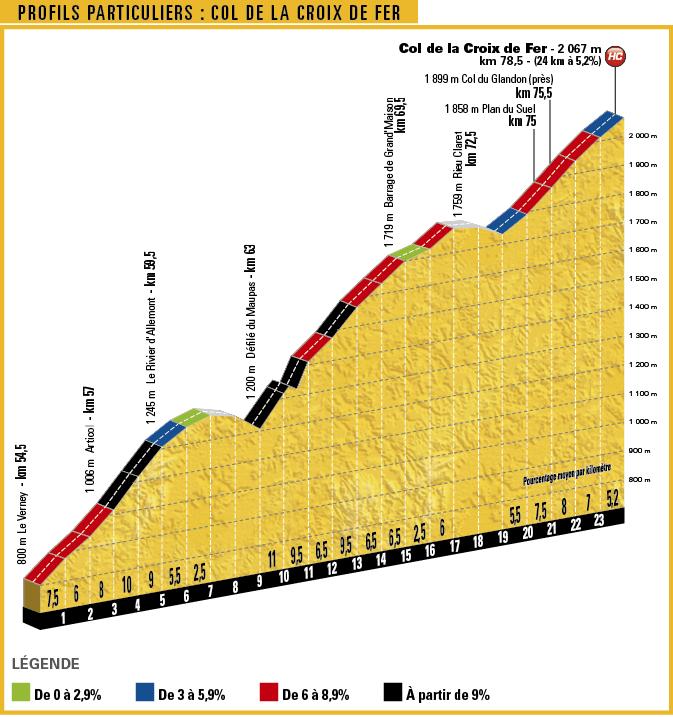
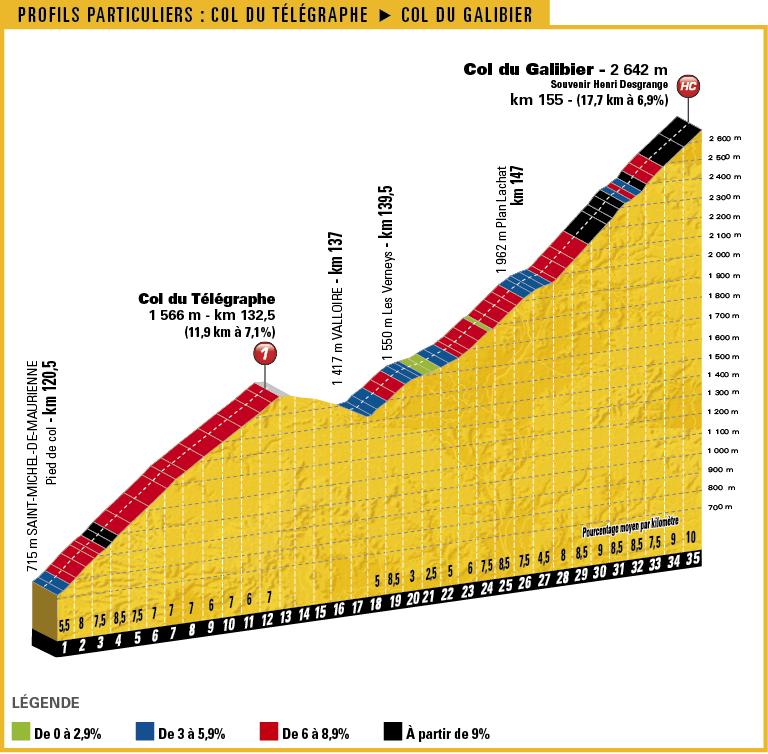
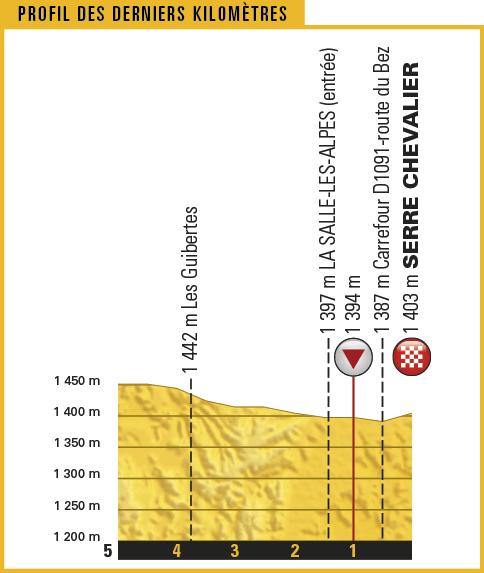
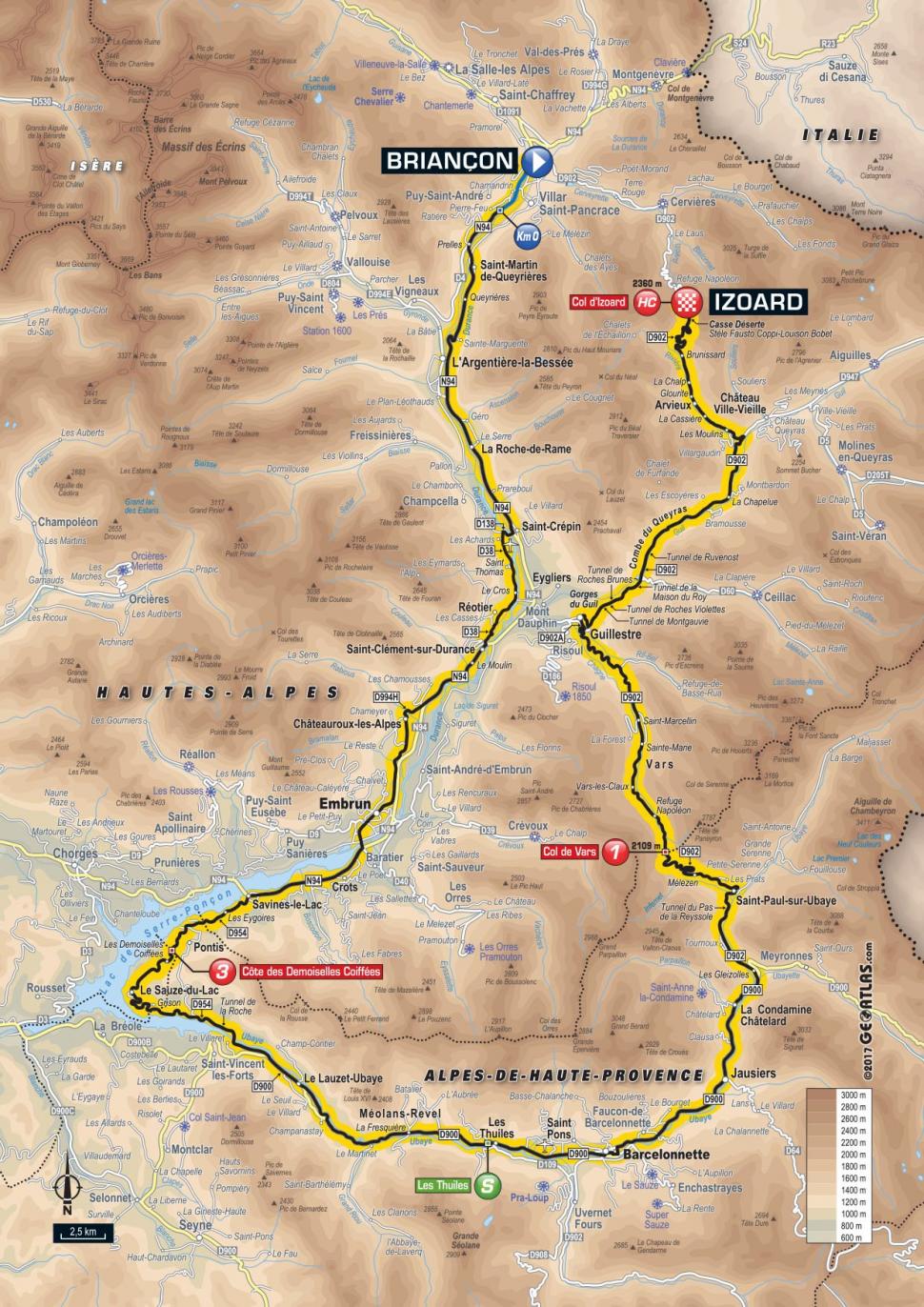
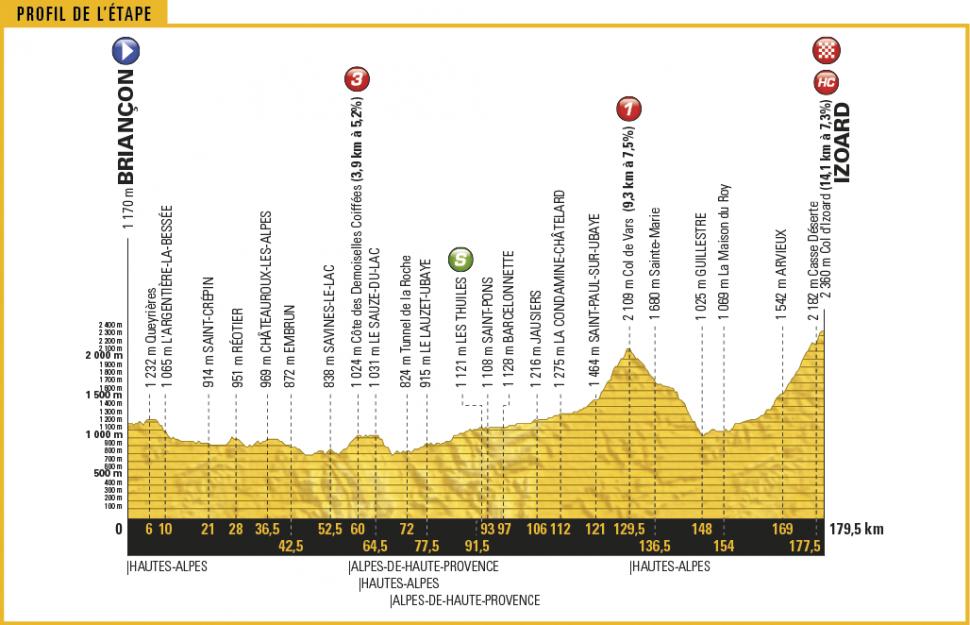
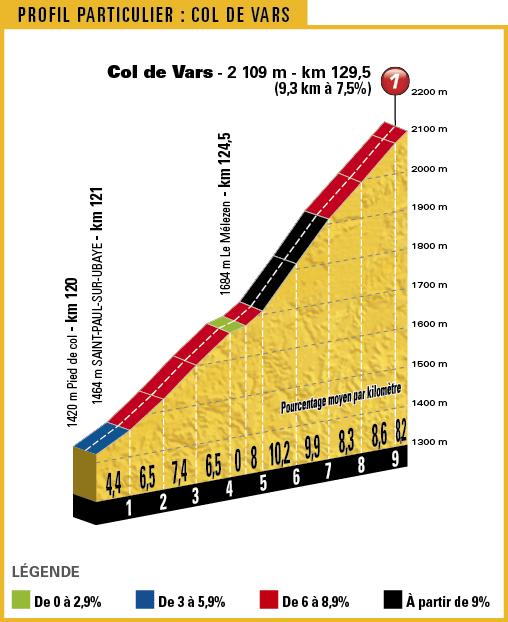
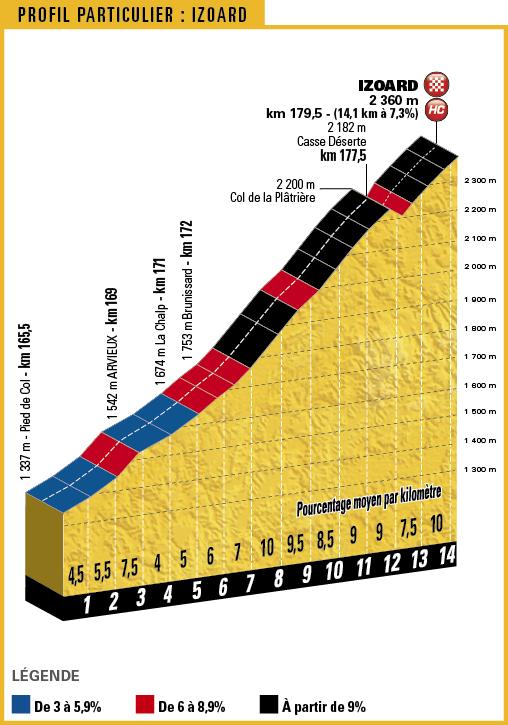
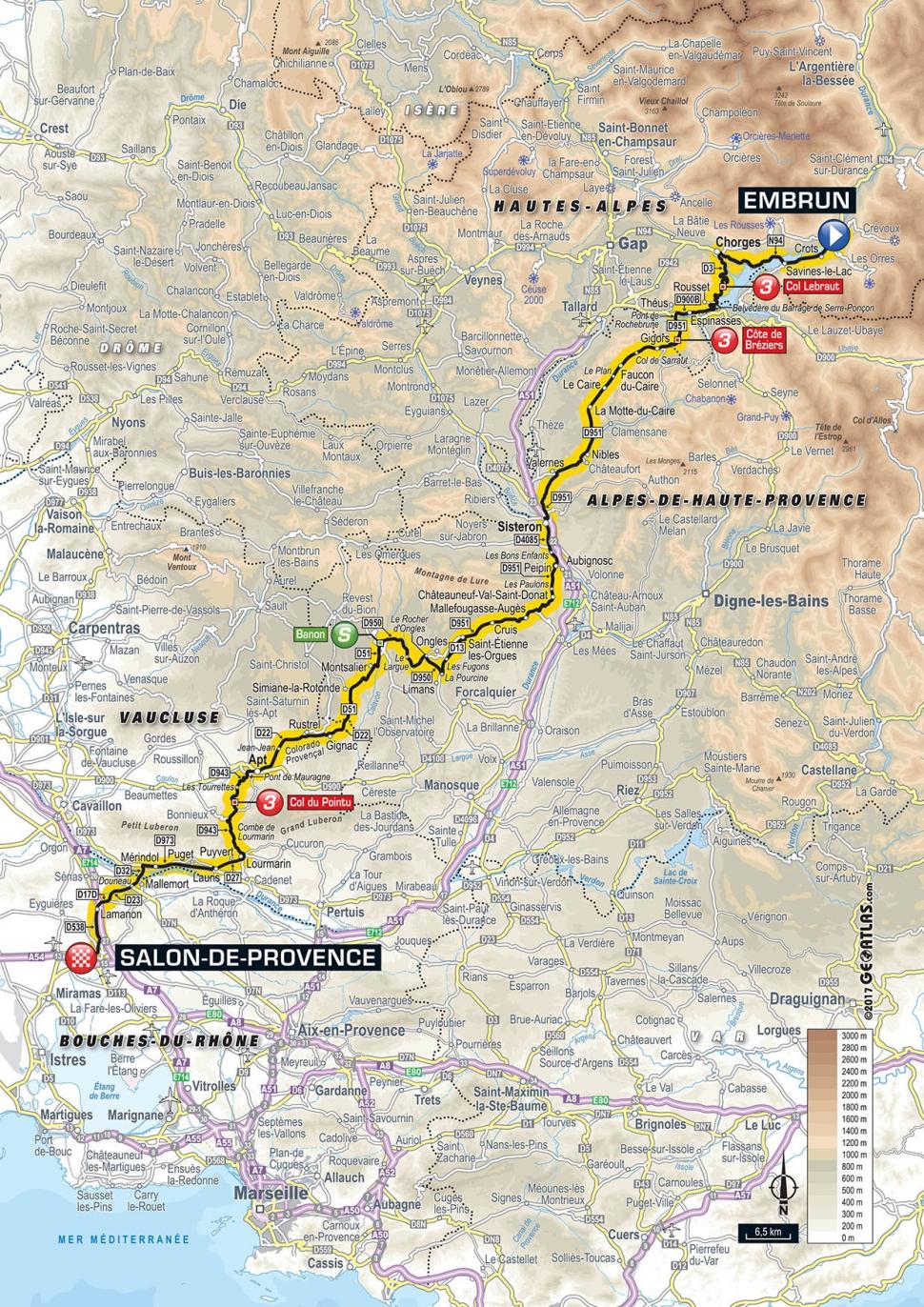
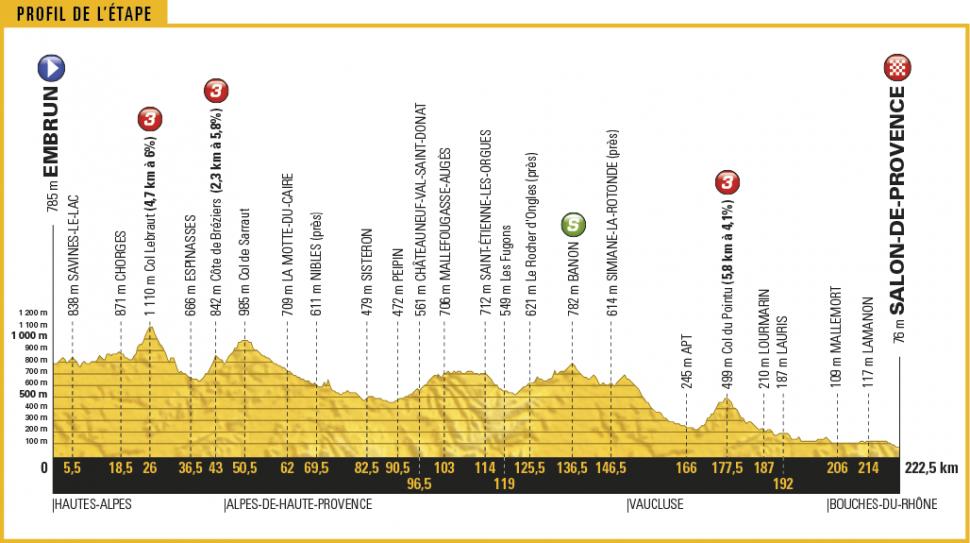
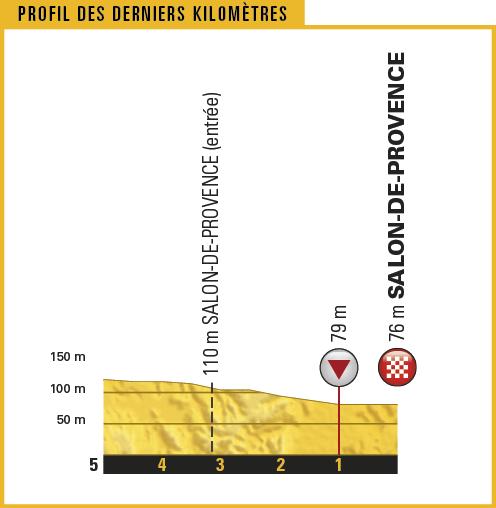
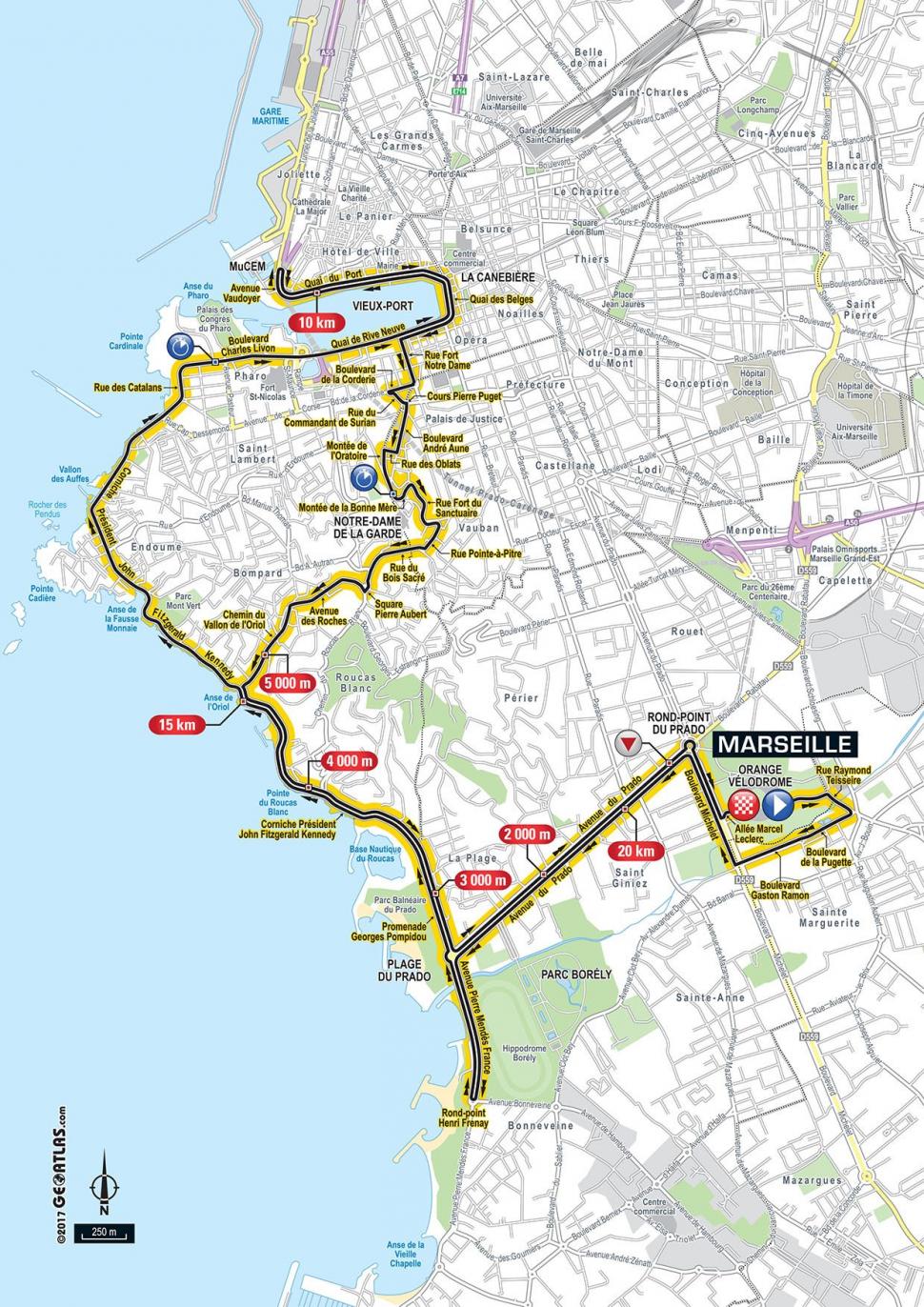
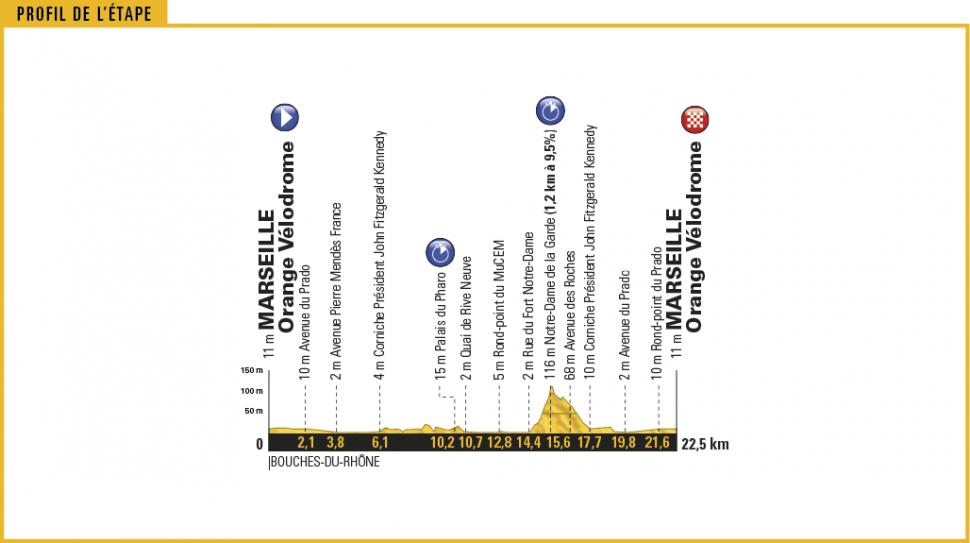
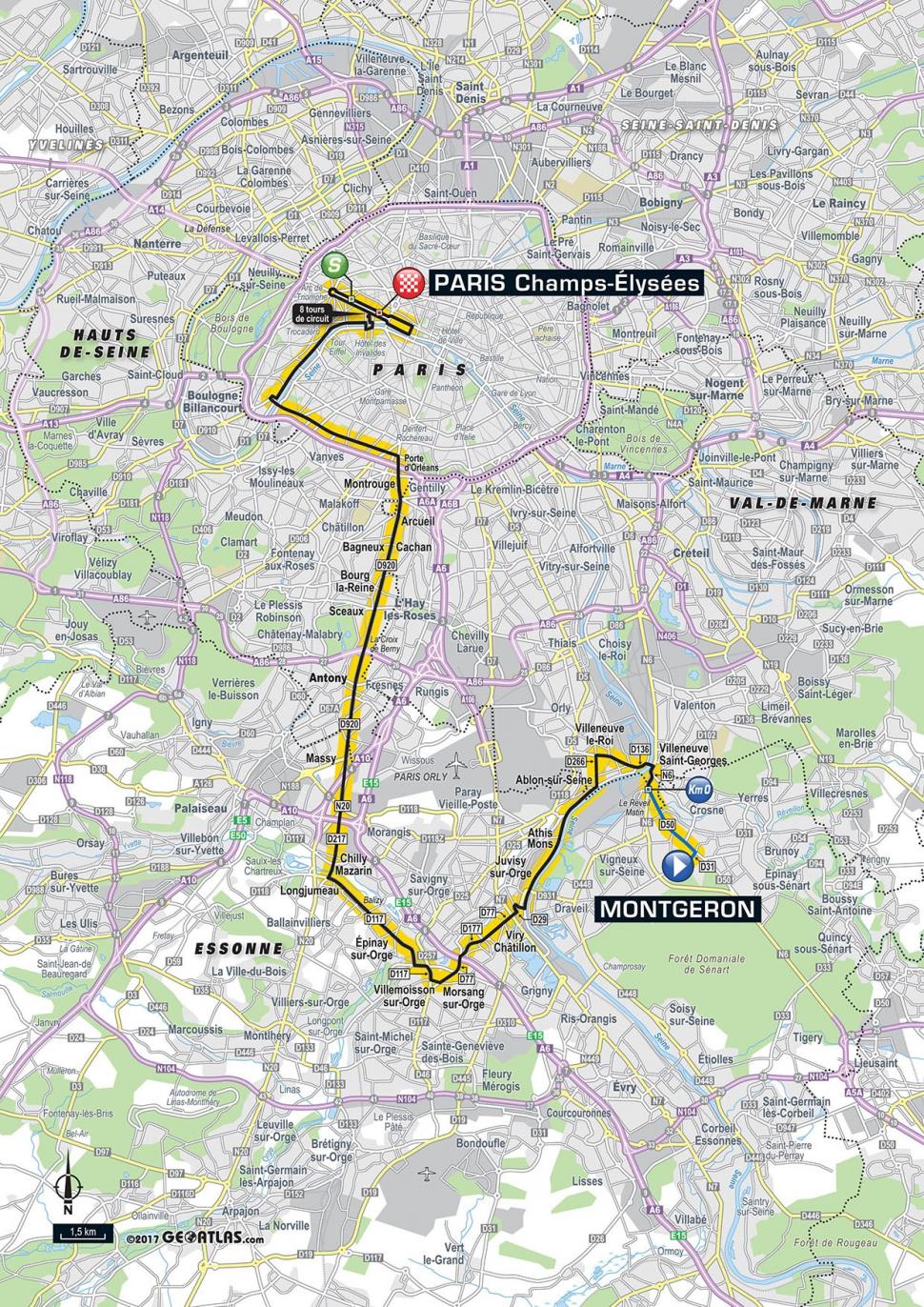
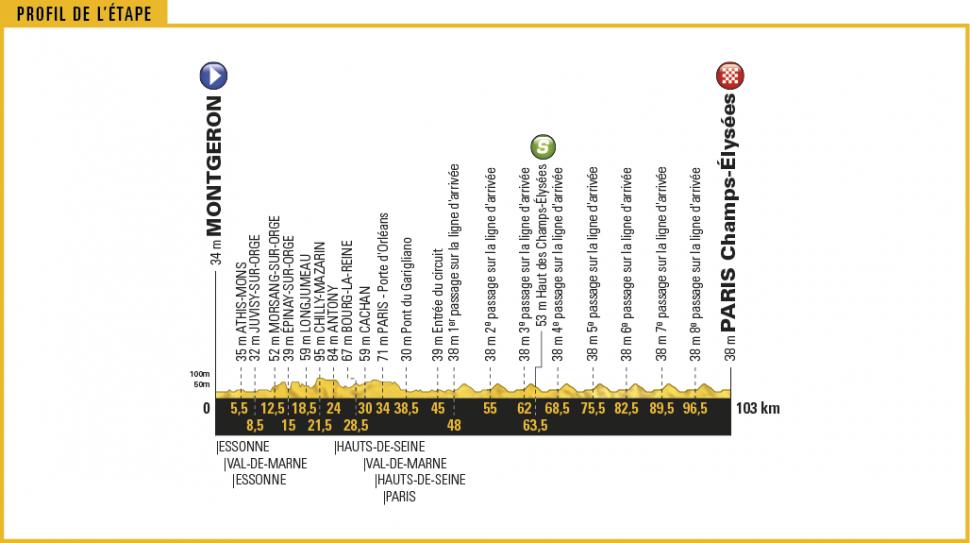
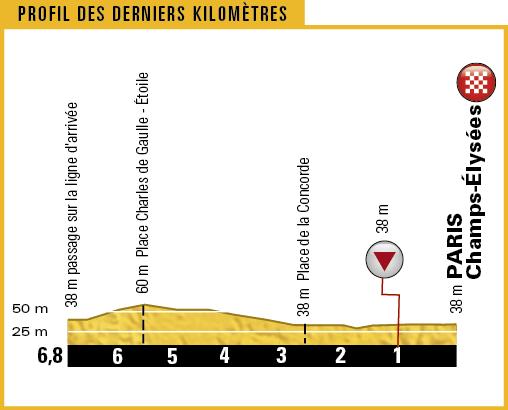
Traffic volumes are down since COVID and at around the same level as they were in 2010, are least in the South East. ...
That's an impressive exercise in hair-splitting, but somewhat irrelevant. They're not 'close' to being a BBC, so quibbling over whether they should...
Did 'overtake' just come from the Northern Echo article?...
I guess everyone's experience is different, I'm currently using a cheap pair of Rockbros photochromics for commuting that are completely clear in...
A good answer, but that doesn't stop the question - how did it come to be so? (Yes - "it got that way because that's what happened"...)....
I had a pair of Fulcrum wheels that came with my Genesis bike, but shortly after buying it, a rear wheel spoke broke. Turned out that they used...
No doubt harder. A work colleague of mine does the Dorset Coast 200 every month, and has just completed 10 years of consecutive RRTY. The only...
No and it's quite likely it's the parents driving, but every other post here from mitsky is critical of other content describing "cars" doing this...
Looks like a lot of folks who might favour Reform in the comments......
You are axactly right.. I can buy 1 new tyre for my ford focus , If i buy 2 bicycle tyres.. We are being scammed allday, every day..!